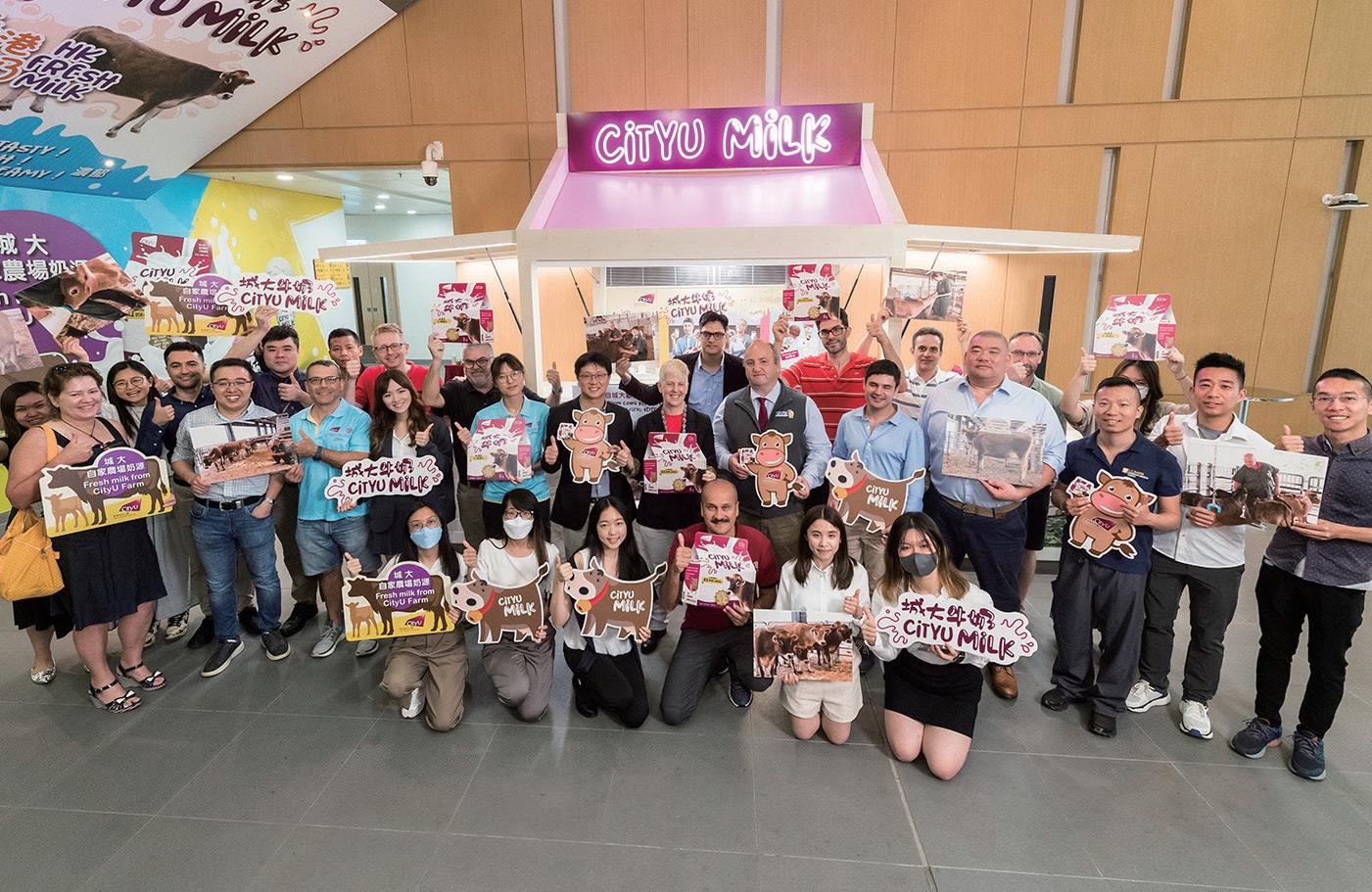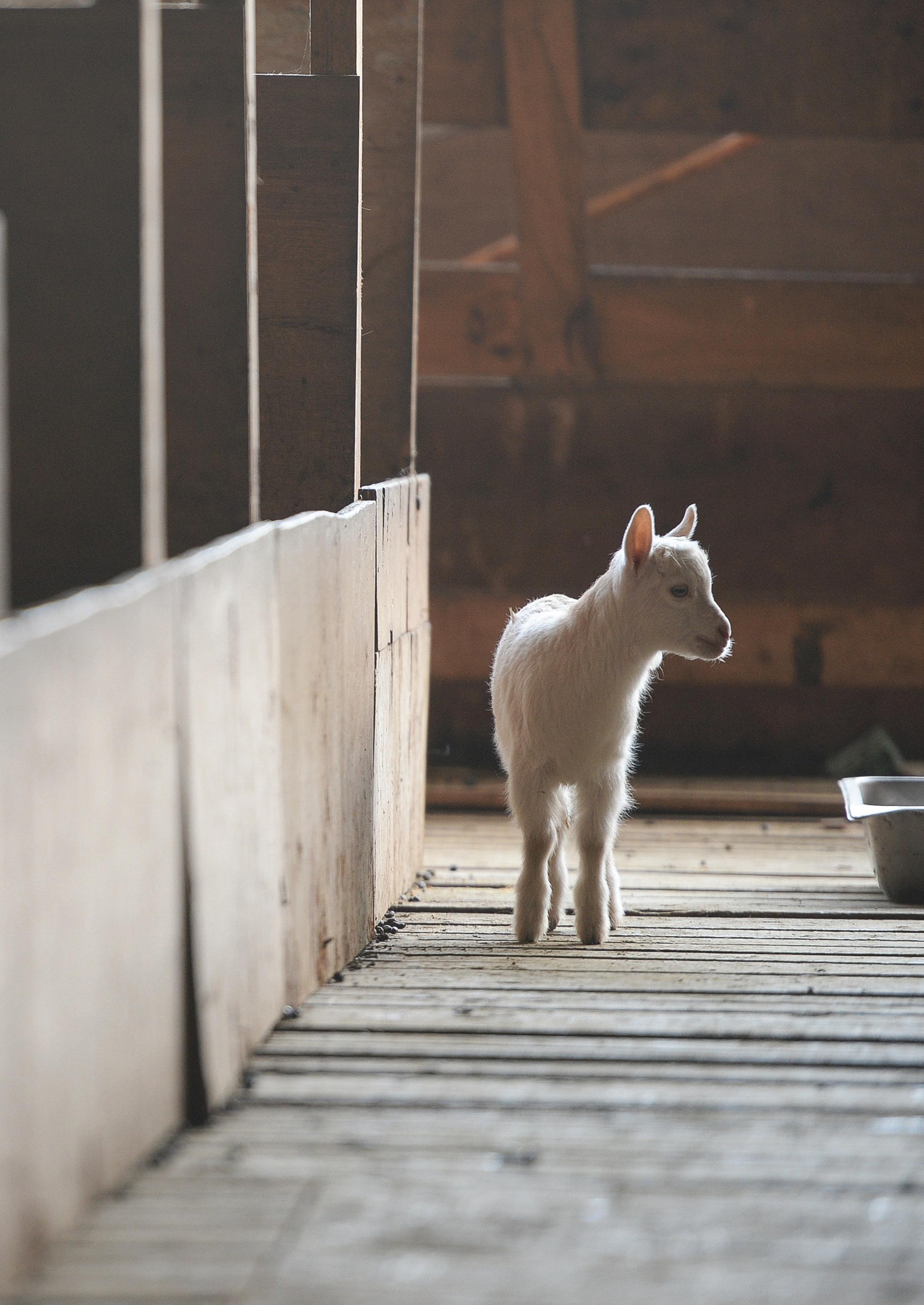
SHAPING THE FUTURE OF VETERINARY MEDICINE AND



SHAPING THE FUTURE OF VETERINARY MEDICINE AND

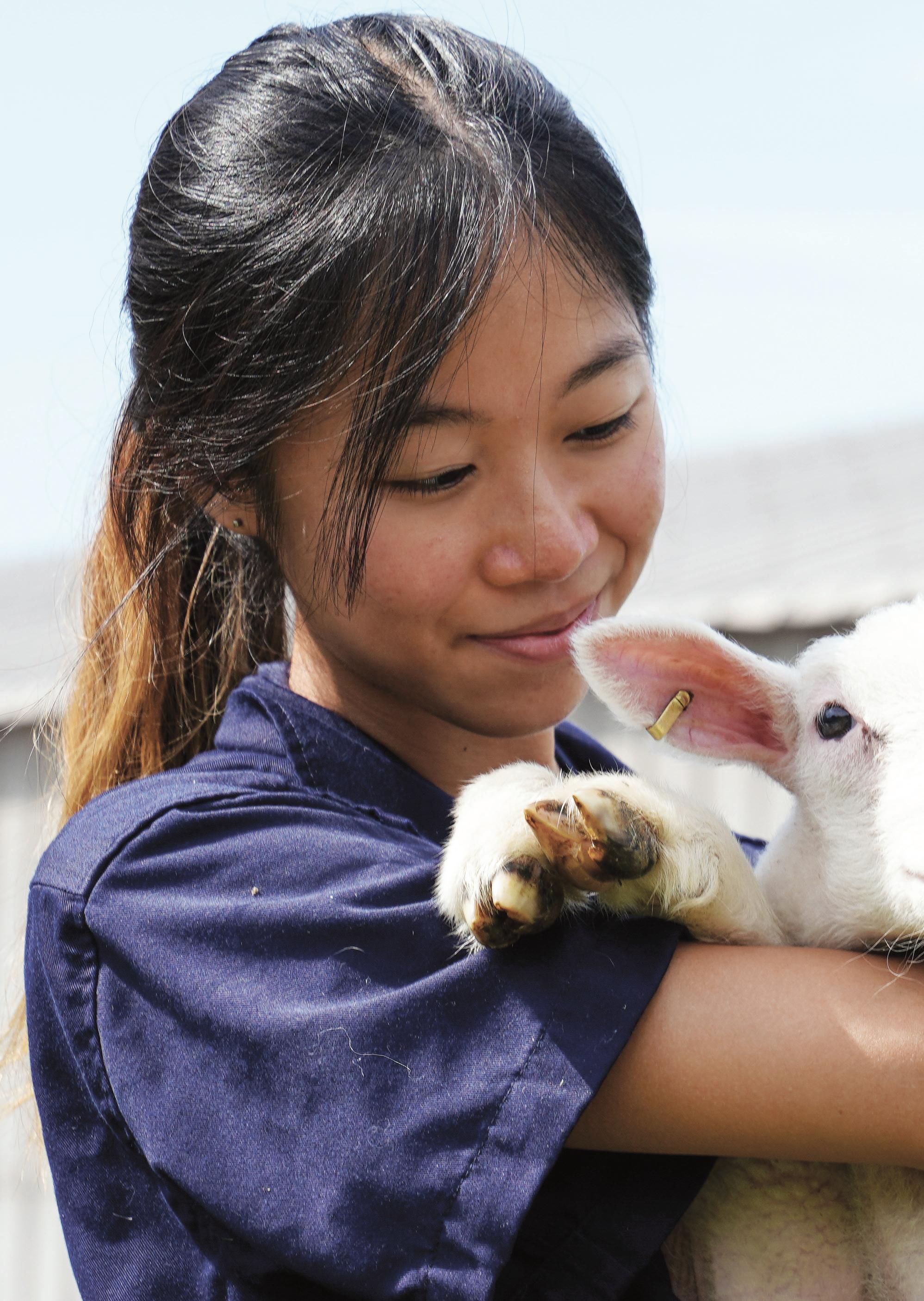
ome people talk to animals. Not many listen though. That's the problem.
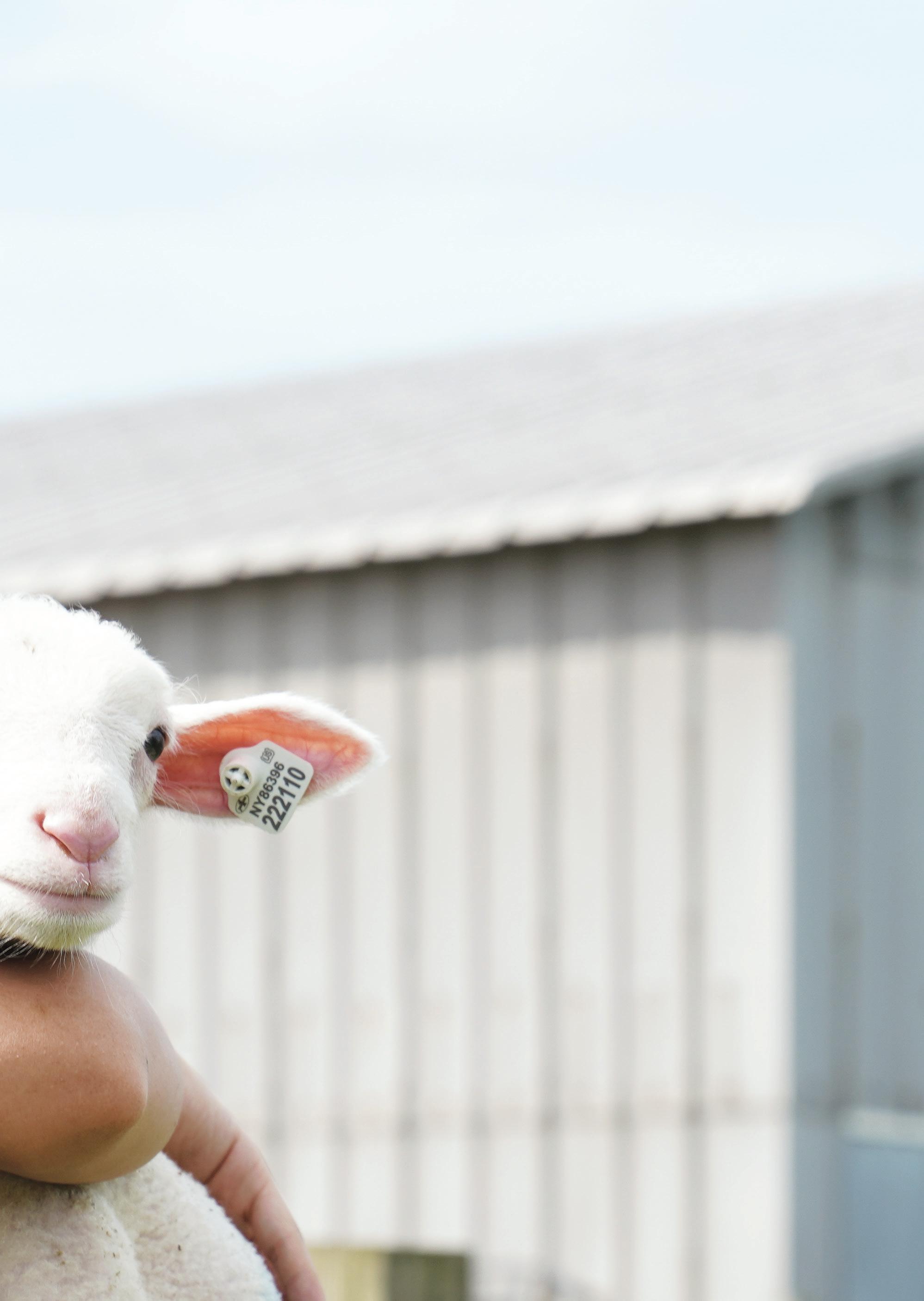

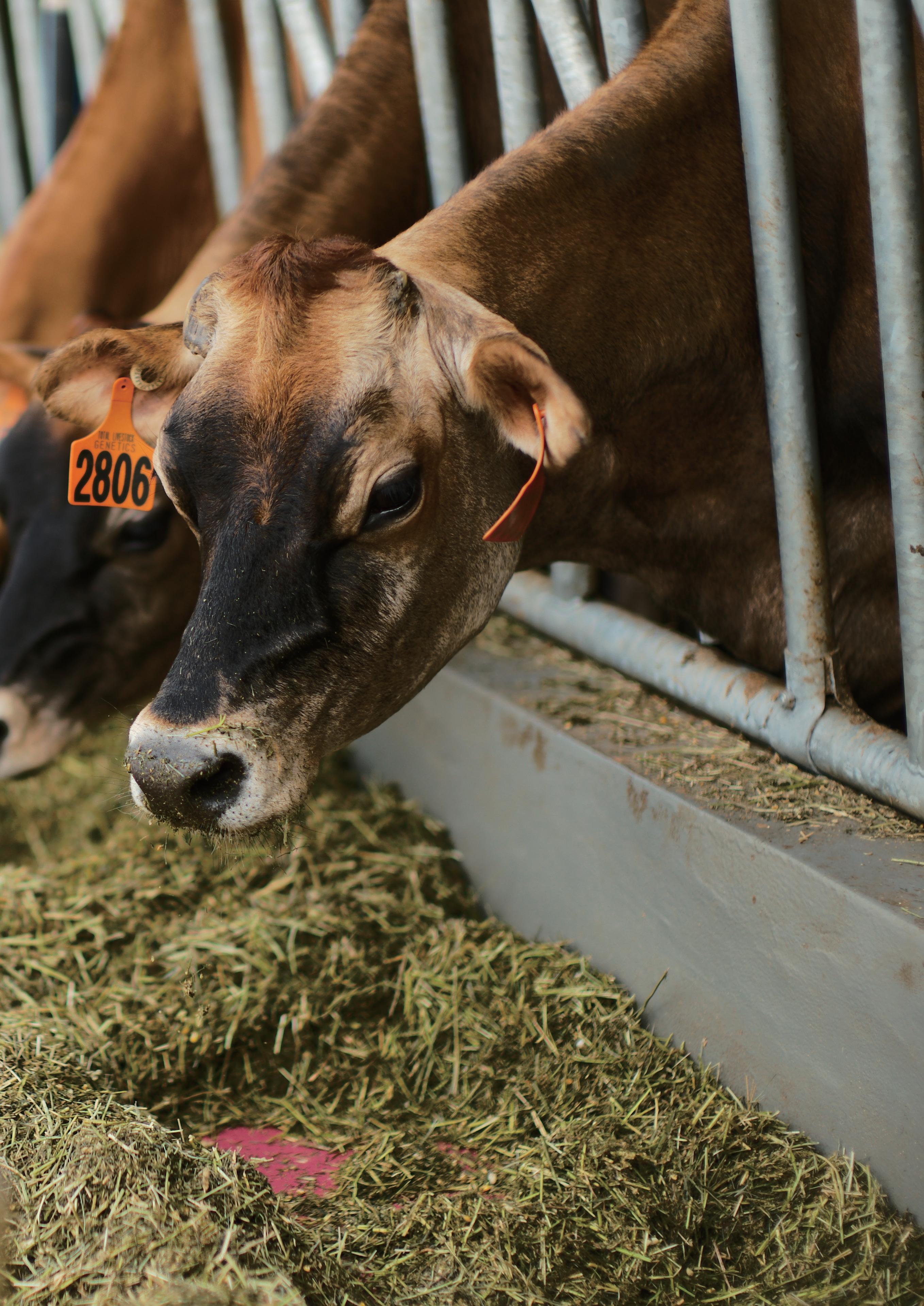

The Jockey Club College of Veterinary Medicine and Life Sciences embraces the life sciences initiatives of City University of Hong Kong under the “One Health” concept, recognising that animal health, human health and environmental health are inextricably linked together. Our College is composed of four departments, Veterinary Clinical Sciences, (VCS), Infectious Diseases and Public Health (PH) , Biomedical Sciences (BMS) and Neuroscience (NS). The Bachelor of Veterinary Medicine (BVM) programme offered jointly by the Departments of VCS, PH and BMS and in collaboration with our strategic partner, Cornell University, is foundational to our College's Vision to be ranked globally as a top 20 veterinary school within the next 20 years. The BVM prepares new graduates for a career in a broad range of disciplines, reflecting why the veterinary profession is such an exciting and rewarding career choice, but with particular emphasis on training and research in Food Safety, Emerging Infectious Diseases, Animal Welfare and Aquatic Animal Health. This undergraduate degree was developed in collaboration with Cornell University.
The Department of Biomedical Sciences also offers two Bachelor level degrees that equip graduates with skills to embark on professional medical technology careers in the health sector or in industry or to pursue advanced studies after graduation. BMS 's postgraduate research programme offers over 100 students the opportunity for cutting edge research training in areas such as Cancer Biology and Therapy, Regenerative Medicine, Nanomedicine and Novel Diagnostics and Therapeutics. The Department of Neuroscience offers taught and research post graduate degrees in Neuroscience focusing on Molecular, Translational and Computational Neurosciences. The Departments of PH and VCS also offer postgraduate taught and research degrees. PH's public health masters programme is gaining an excellent reputation in the field.
Without doubt, the College's flagship postgraduate research degree is an interdisciplinary PhD programme in collaboration with Cornell, University that provides opportunities for up to 30 postgraduate students to embark on a PhD programme with CityU and Cornell University Supervisors and to spend up to one year at Cornell University.
In 2023, the College achieved a significant milestone - dual international accreditation of our BVM degree with the Royal College of Veterinary Surgeons (UK-based) and Australasian Veterinary Boards Council ensuring that our graduates can practice in Hong Kong, the UK, and Australia/New Zealand. CityU's BVM degree is now firmly established as a high-calibre, well-funded, internationl programme that provides students the ease of studying in Hong Kong while maintaining close links and opportunities to visit our partner institution, Cornell University's College of Veterinary Medicine.

Sincerely,
Vanessa Barrs BVSc(hons) Phd MVetClinStud FANZCVS(Feline medicine) Dean and BOCHK Chair Professor of Veterinary Medicine
Department of Infectious Diseases and Public Health
JOCKEY CLUB COLLEGE OF VETERINARY MEDICINE AND LIFE SCIENCES
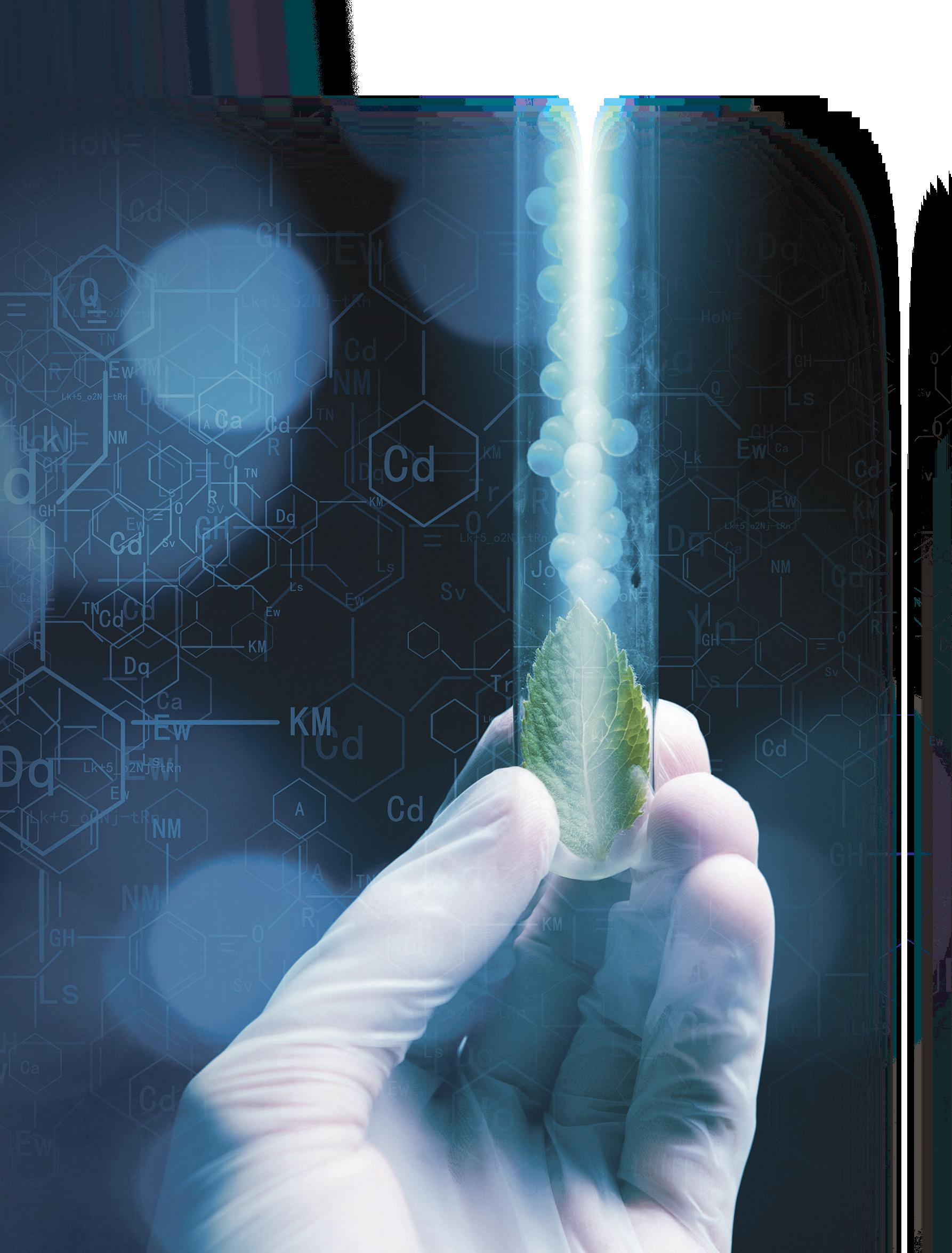
Department of Neuroscience

Centre for Applied One Health Research and Policy Advice

Centre for Animal Health and Welfare
CityU Veterinary Medical Centre
CityU Veterinary Diagnostic Laboratory
CityU Laboratory Animal Research Unit
Department of Veterinary Clinical Sciences
CityU Farm
Department of Biomedical Sciences
Ambulatory Services
2008
President Way Kuo initiates the vision of developing a centre of excellence in veterinary education at CityU
The vision becomes a core initiative in the CityU’s Strategic Plan 2010-2015
2015
Establishment of the Development Fund for Veterinary Medicine
CityU receives two gifts of $200 million and $100 million to support CityU's Strategic initiatives.
Establishment of an Interdisciplinary PhD Programme in Veterinary Medicine with Cornell
CityU purchases Trinity Towers in Sham Shui Po for specialist animal clinic
2009
The initiative is endorsed by the Senate and supported by the University Council
A long-term strategic partnership is established with Cornell University's College of Veterinary Medicine in the US
2016
Acquisition of Peace Avenue Veterinary Clinic
Launch of the six-year (self-financed) Bachelor of Veterinary Medicine (BVM) programme
First accreditation visit by Australasian Veterinary Boards Council (AVBC)
Establishment of the Centre for Applied One Health Research and Policy Advice (OHRP)
A Letter of Reasonable Assurance from the AVBC is granted
Launch of the Advanced Diploma in Veterinary Nursing Programme, offered by the CityU School of Continuing and Professional Education (SCOPE)
2019

AVBC and Royal College of Veterinary Surgeons (RCVS) accreditation visit
Establishment of the Department of Neuroscience
Opening of CityU Veterinary Medical Centre (VMC)
First cohort of publicly-funded BVM students admitted
2020
Establishment of the Department of Veterinary Clinical Sciences
Establishment of the Centre for Animal Health and Welfare (CAHW)
Groundbreaking ceremony for CityU Farm
CityU receives a $125 million gift to support CityU's strategic initiatives
Establishment of the School of Veterinary Medicine in collaboration with Cornell University
Establishment of the Department of Biomedical Sciences (BMS)
2018

BVM Programme secures Provisional Accreditation from the AVBC
The School is renamed the College of Veterinary Medicine and Life Sciences
A $100 million gift to support CityU's strategic initiatives is received The first cohort of BVM students commences study
The Hong Kong Jockey Club Charities Trust donates $500 million to CityU to boost its One Health initiative
Establishment of the Department of Infectious Diseases and Public Health (PH)
Opening of CityU Veterinary Diagnostic Laboratory (VDL)
2021
AVBC Accreditation Site Visit and maintained status of ongoing provisional accreditation
First independent Accreditation Site Visit by RCVS
Commencement of superstructure work marks a new milestone for the Jockey Club One Health Tower
2022
Land purchased in Lam Tsuen to establish a dairy farm
The College is renamed the Jockey Club College of Veterinary Medicine and Life Sciences (JCC) in appreciation of the donation of the Hong Kong Jockey Club Charities Trust
The University Grants Committee (UGC) decides to support CityU’s six-year BVM programme as a publicly -funded programme starting from 20192020
First batch of PhD students (in collaboration with Cornell) graduates
2023
JCC’s 1st White Coat Ceremony
Opening of CityU Farm
Full accreditation with AVBC
Full accreditation with RCVS
To create a centre of excellence in veterinary and biomedical education and research under the One Health paradigm to enhance Public Health, Food Safety, Animal Welfare and help prevent and control Infectious Diseases in Hong Kong and the region.


ADVANCE
Animal Health and Welfare
Public Health and Food Safety
Agricultural development in Hong Kong and Mainland China

The quality and status of veterinarians in Asia
DRIVE Discovery and support research
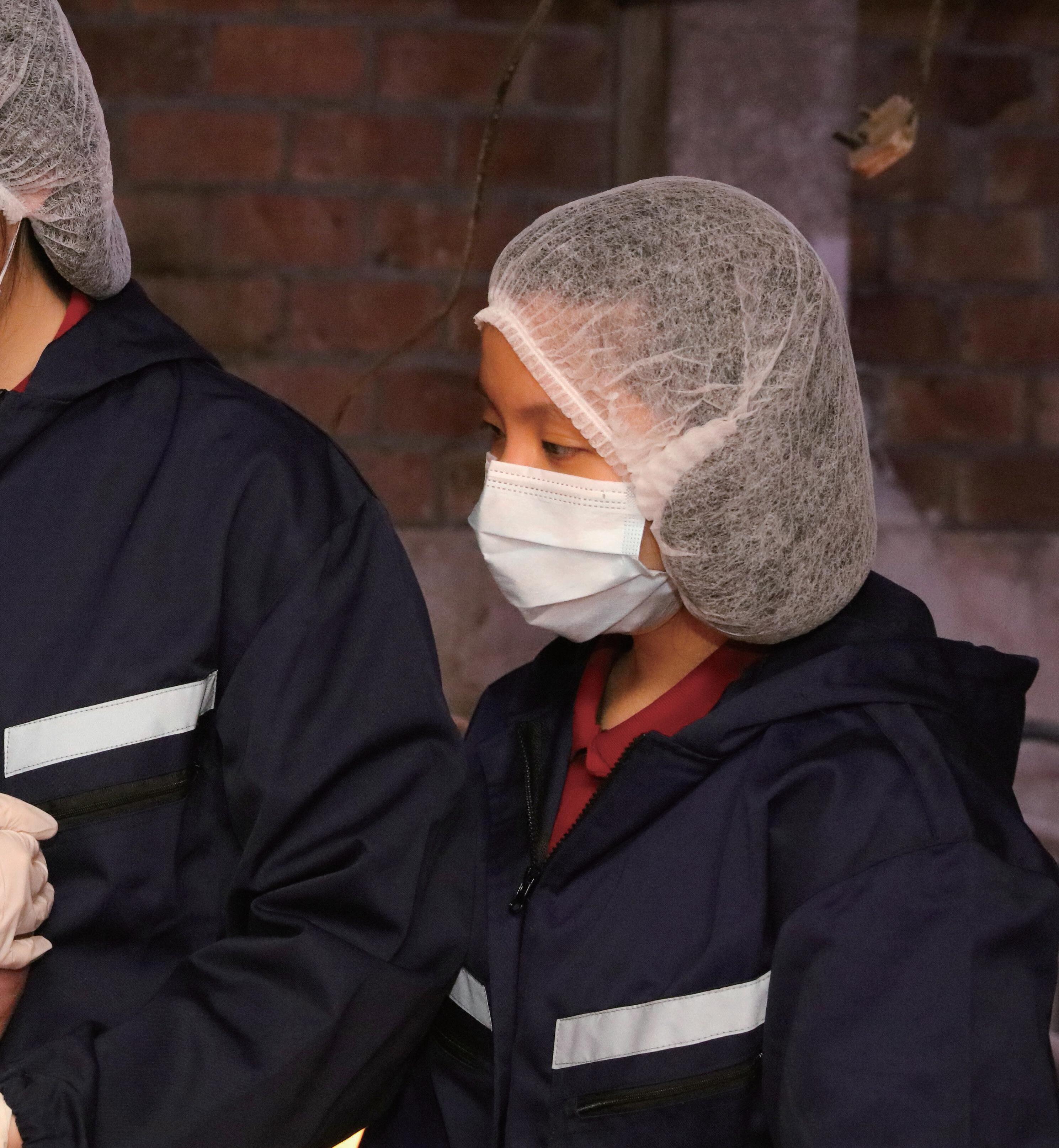
It is widely recognised that the majority of infectious diseases affecting humans originate from wild and domestic animal populations and are a major threat to public health. Veterinary expertise is critical to reduce the risk of disease transmission particularly in an increasingly connected and urbanised world where new infections will be more easily transmitted than in the past. The Jockey Club College of Veterinary Medicine & Life Sciences (JCC) fills a large gap by complementing Hong Kong’s existing strengths in medical education and research to protect the health of the city’s population.
The College’s approach to veterinary education and research is based on One Health principles, acknowledging the need to integrate human, animal and environmental health to protect our planet and its inhabitants. Understanding the epidemiology and pathogenesis of emerging zoonotic diseases, as well as the host-pathogen interaction and specific immune responses needed to eradicate pathogens, are of particular importance in preventing their dissemination.
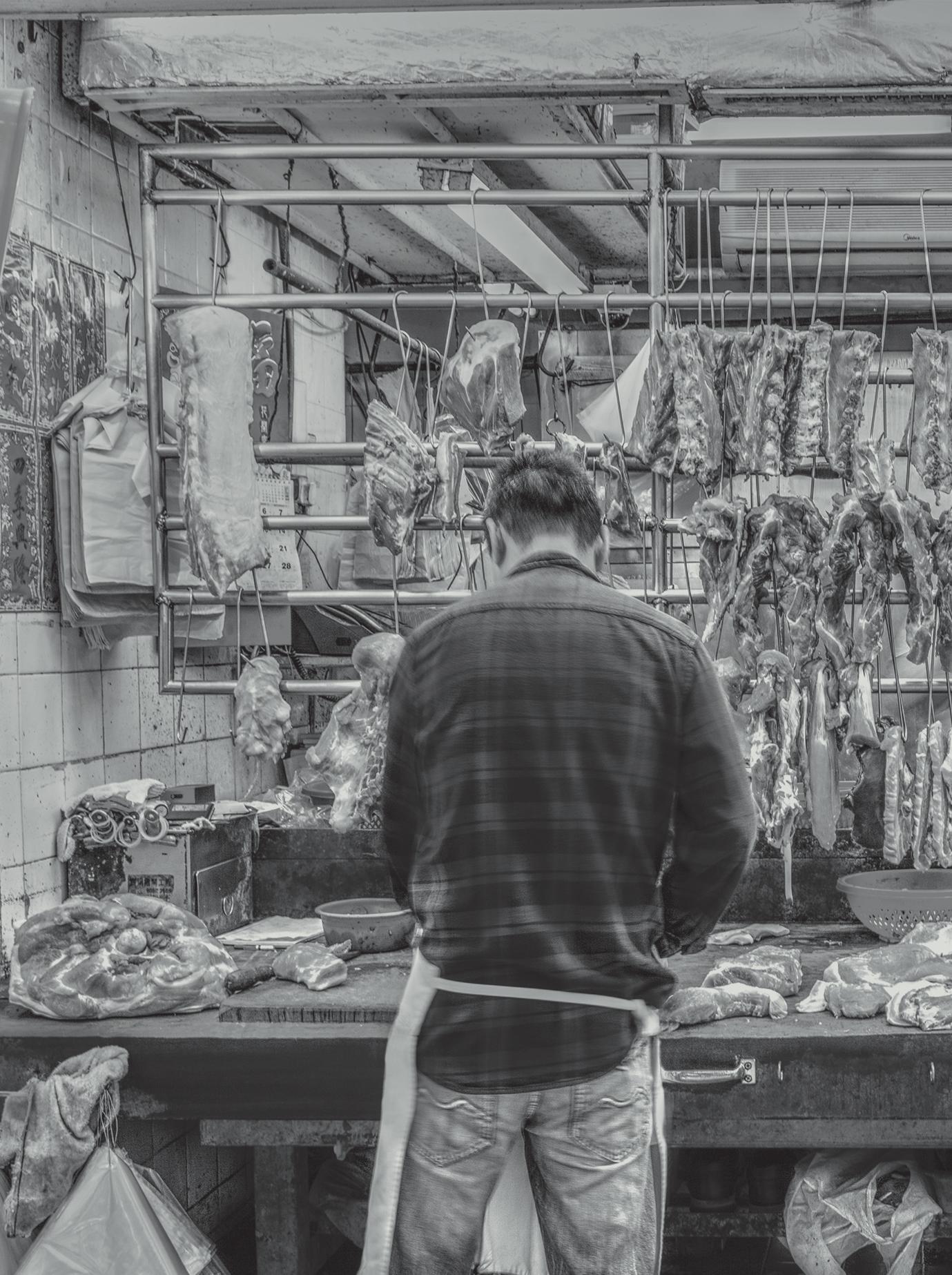
Human and animal health is intricately intertwined, and food security and food safety are a critical part of any veterinary curriculum. Veterinarians are involved in all aspects of food safety ranging from monitoring of livestock farms, wet markets, control of slaughter and processing of animal products to importation and distribution of products of animal origin as well as risk assessment and communication.
As an integral component of the One Health concept, food safety and security are critical components of our educational and research activities. The veterinarians we train are equipped with the necessary expertise to assure excellent food safety and quality through integrated, multidisciplinary approaches involving the entire food chain. Students have first-hand experience with the principles of 'farm to table" including food security, self-resilience and sustainability at CityU Farm, Hong Kong's only operational dairy farm. The Jockey Club College of Veterinary Medicine and Life Sciences aims to become a regional leader in knowledge dissemination in this part of the world that frequently experiences significant challenges related to food safety and security.
The Jockey Club College of Veterinary Medicine and Life Sciences of City University recognises that promoting the welfare all animals is critical to a healthy planet and is a core component of the One Health paradigm.
Aquaculture is an important source of food, nutrition, and income for hundreds of millions of people around the world. World aquaculture production now provides over 50% of all fish for human consumption, and China has played a major role in this growth, as it represents more than 60% of global aquaculture production.
Veterinary science plays a central role in animal welfare, not only through health management and prevention but also through research to inform and drive welfare improvement and education of the public. JCC prioritises animal welfare by training outstanding veterinary professionals and by establishing productive collaborations with related professions, government departments including Agriculture, Fisheries and Conservation Department, the Food and Environmental Hygiene Department, NGOs such as the SPCA and other community bodies.
Being geographically located in the middle of the global aquaculture industry presents Hong Kong with a unique opportunity to collaborate with this industry and the JCC has placed aquatic animal health as one of its core subjects for its BVM curriculum. Training veterinarians in aquatic animal veterinary medicine is at the heart of its mission. Students will have ample exposure and training in aquatic animal health so that the next generation of veterinarians can aid farmers in disease diagnosis and suggest appropriate treatment regimes.
The Centre for Animal Health and Welfare (CAHW), an Applied Strategic Development Centre of City University of Hong Kong (CityU), was established in 2020. CAHW hosts a multidisciplinary team of researchers with complementary expertise and shared core values of excellence, integrity and compassion. CAHW’s mission is to improve the quality of life of animals by conducting research to underpin evidence-based solutions to animal health and welfare problems in Hong Kong and beyond. CAHW is developing a strong focus on public education and community outreach programmes to achieve its goals.
The mission of the College’s aquatic animal health initiative is to promote, expand and support the aquaculture industry in Hong Kong and the Region, and increase the productivity, innovation and profitability of aquaculture operations, whilst respecting sustainability, promoting good practice and improving aquatic animal health.

Aquaculture is an important source of food, nutrition, and income for hundreds of millions of people around the world. World aquaculture production now provides over 50% of all fish for human consumption, and China has played a major role in this growth, as it represents more than 60% of global aquaculture production with Asia representing over 90%.
Being geographically located in the middle of the global aquaculture industry presents Hong Kong with a unique opportunity to collaborate with this industry and the JCC has placed aquatic animal health as one of its core themes for its BVM curriculum. Training veterinarians in aquatic animal veterinary medicine is at the heart of its mission. Students will have ample exposure and training in aquatic animal health so that the next generation of veterinarians can aid farmers in disease diagnosis and suggest appropriate treatment regimes.
The mission of the College’s aquatic animal health initiative is to promote, expand and support the aquaculture industry in Hong Kong and the region, and increase the productivity, innovation and profitability of aquaculture operations, whilst respecting sustainability, promoting good practice and improving aquatic animal health.
The Department of Neuroscience features scientists working across a broad range of topic areas, including the molecular, cellular, system, cognitive, translational and computational neurosciences, and regenerative medicine. Our faculty members work on the auditory, visual, olfactory, sensory, and motor systems as well as synaptic plasticity and artificial intelligence using different methodologies, such as functional anatomy, electrophysiology, optogenetics, mathematical algorithms, pharmacology and animal behaviour. Some of the research goals include: characterisation of
Cancer is one of the leading causes of death in the world and the Department of Biomedical Sciences’ multidisciplinary team is working together to understand fundamental mechanisms of tumorigenesis and progression, and to translate new knowledge into the development of novel diagnostic and therapeutic strategies for prediction, prevention, and treatment of cancer. Our faculty mainly focus on three research areas: tumor microenvironment, cancer cell migration and metastasis, and precision cancer medicine. We actively promote interdisciplinary collaboration to accelerate the discovery, innovation, and translation of research into clinical applications and cultivate a new generation of scientists on cancer research and precision cancer medicine. 04
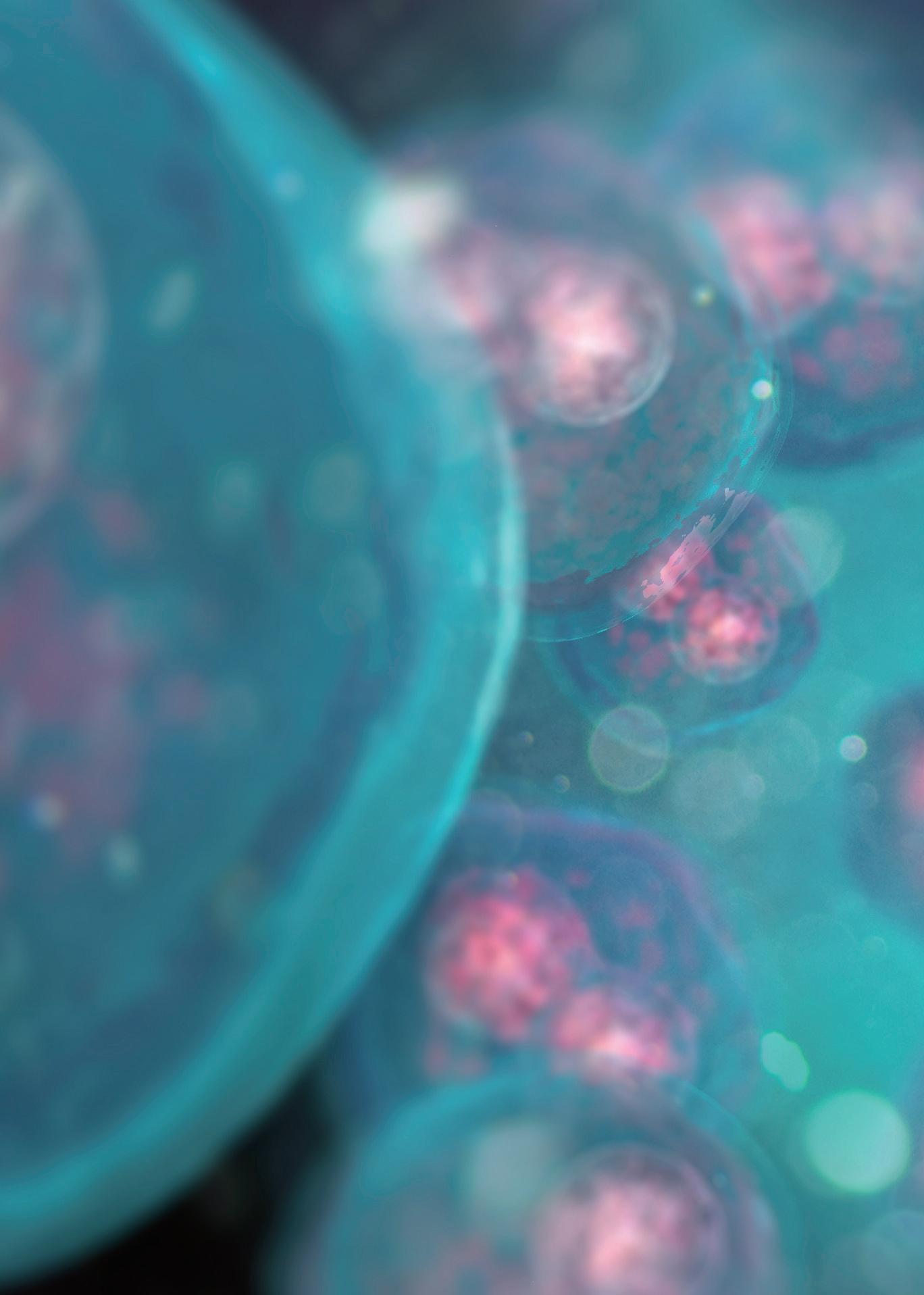
The technologies for biomedical research are rapidly evolving and driving advances in disease treatment especially in novel biotechnology. The existing strengths of our faculty in this field include targeted photodynamic therapy, peptide therapy, gene editing technology, single chain antibody development, proteomics, stem cell therapy, gene therapy, transcription factor engineering, immune therapy, bioinformatics, novel treatment for bacterial diseases and RNA therapy.
Nanotechnologies further broaden our approaches for disease diagnosis and therapy and perfectly complement our strength on basic research. The research on nanomedicine focuses on developing nanoparticle-based drug delivery vehicles, nanomaterials for cell and tissue engineering, and nanodevices for highly sensitive and early disease detections. Drug delivery vehicles at nanometer scale could offer enhanced bioavailability, improved therapeutic efficacy, tissue specific delivery and/or precise control of drug release.
chronic pain associated synaptic metaplasticity and brain network desynchrony that lead to emotional and cognitive disturbances; understanding how sensory processing interpret auditory inputs to the brain are transformed to underpin subjective perception of sound; understanding the pathogenesis of neurological disorders such as Alzheimer’s disease, Parkinson’s disease, dementia, epilepsy, tinnitus and depression; understanding the mechanisms underlying axon regeneration, synapse-to-nucleus protein trafficking in neuron and the fundamental mechanism of learning and memory encoding. We hope to translate our research discoveries into drug development for the above mentioned neurological disorders.
The use of stem cells, therapeutic molecules, or biomaterials to regenerate or repair tissue/organ has the promise to revolutionise how human diseases are treated in the future. Our faculty mainly focus on three research areas: cardiovascular regeneration, central nervous system and peripheral nervous system repair, and stem cell/tissue engineering. Together, our faculty and students aim to understand the fundamental mechanism of tissue/organ repair and to develop novel stem cells and regenerative medicine.
Our regenerative medicine research at BMS is highly applicable and translational. We focus on developing gene-based regenerative medicine, stem cell technology, cell engineering, genome editing, and biomaterials for various therapeutic purposes.
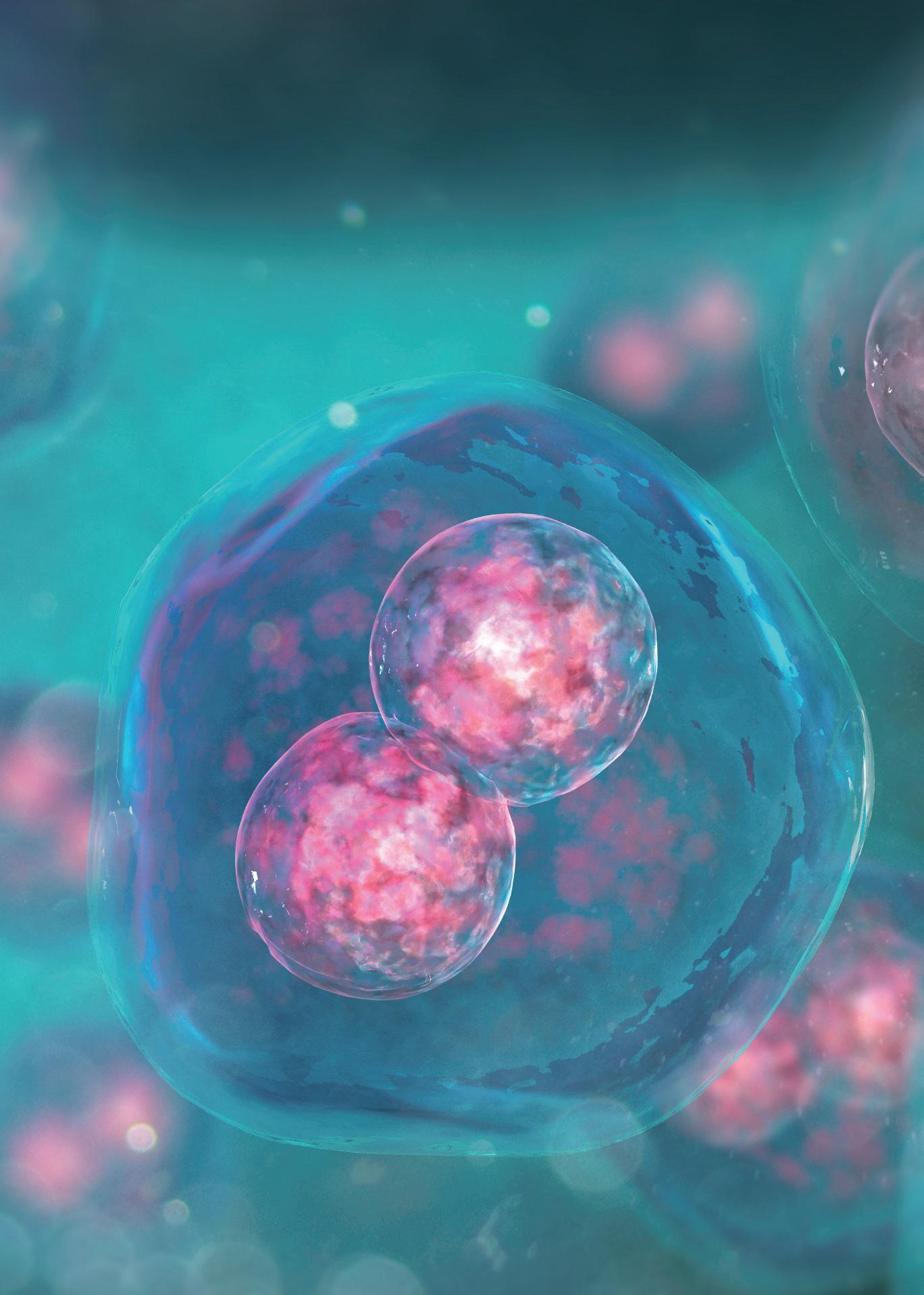
Many diseases are rooted in genetic defects or invades of external genetic materials, be it in human or in animals. We integrate and develop advanced molecular technologies to precisely and efficiently pinpoint genetic abnormalities for a variety of diseases across. Research in molecular diagnostics is at the forefront of global development with innovation spinoffs impacting the society, such as in the areas of advanced cancer diagnosis and pharmacogenetics.
The development of novel therapeutics involves deep understanding of biology in humans and animals. We integrate breakthrough technologies discovered from human, animal and bacteria to develop therapies against cancers, metabolic disorders and rare diseases. Our teaching, research, translation and entrepreneurship contribute to knowledge-based therapy development in Hong Kong and the world.
The Jockey Club College of Veterinary Medicine & Life Sciences has a long established, successful partnership with Cornell University’s College of Veterinary Medicine (CVM) in Ithaca, New York, one of the premier veterinary education and research providers in the world. In 2009, CityU established a collaborative relationship with Cornell University relative to the planning, establishment and operation of a School of Veterinary Medicine in Hong Kong. The ‘Interdisciplinary PhD Programme in Veterinary Medicine’ with Cornell CVM was introduced in 2015, and in 2016 the ‘Bachelor of Veterinary Medicine’ programme was launched, with its first student intake in 2017. The curriculum of this programme is modelled on the Cornell University veterinary medicine programme and was designed to include the pre-requisites and the four-year curriculum of the Cornell’s Doctor of Veterinary Medicine (DVM) programme. Cornell University provides ongoing involvement and support in curriculum roll-out, staff recruitment etc., and has made a long-term commitment to achieve excellence in veterinary medicine training and research in Hong Kong.



Generous donations highlight strong public support for JCC. Our efforts have won enthusiastic support from the Hong Kong Jockey Club Charities Trust, generous donors and the community at large.
The "Li Dak Sum and Yip Yio Chin Development Fund for Veterinary Medicine", set up with a donation of HK$100 million, demonstrates the community's confidence in CityU's vision to develop a world-class hub for veterinary education, training and research. In addition, a local entrepreneur, Dr. Yeung Kin-man, has also donated HK$100 million to fund JCC's strategic developments.
A $500 million donation from the Hong Kong Jockey Club Charities Trust to CityU to build a top-notch facility for One Health in Hong Kong further underscores the importance of a veterinarian's role in public health in Hong Kong.
The Jockey Club College of Veterinary Medicine and Life Sciences acknowledges and would like to thank the generosity shown by all donors. Each of your generous contributions helps us to provide the best education and training for our students, the best research and collaboration with our local and international partners, all for the benefit of Hong Kong and the wider region.


CityU's Jockey Club College of Veterinary Medicine and Life Sciences (JCC) in collaboration with Cornell University's College of Veterinary Medicine (CVM), strives to be the premier provider of comprehensive, evidence-based veterinary training, research and service in Asia, aspiring to become an international centre of excellence for animal health in the region.
With increasing health threats arising from emerging zoonotic diseases, food safety and other public health issues in mind, the sixyear Bachelor of Veterinary Medicine (BVM)
programme produces locally trained veterinary professionals who possess the knowledge and expertise demanded by the community and market in Hong Kong and the region.
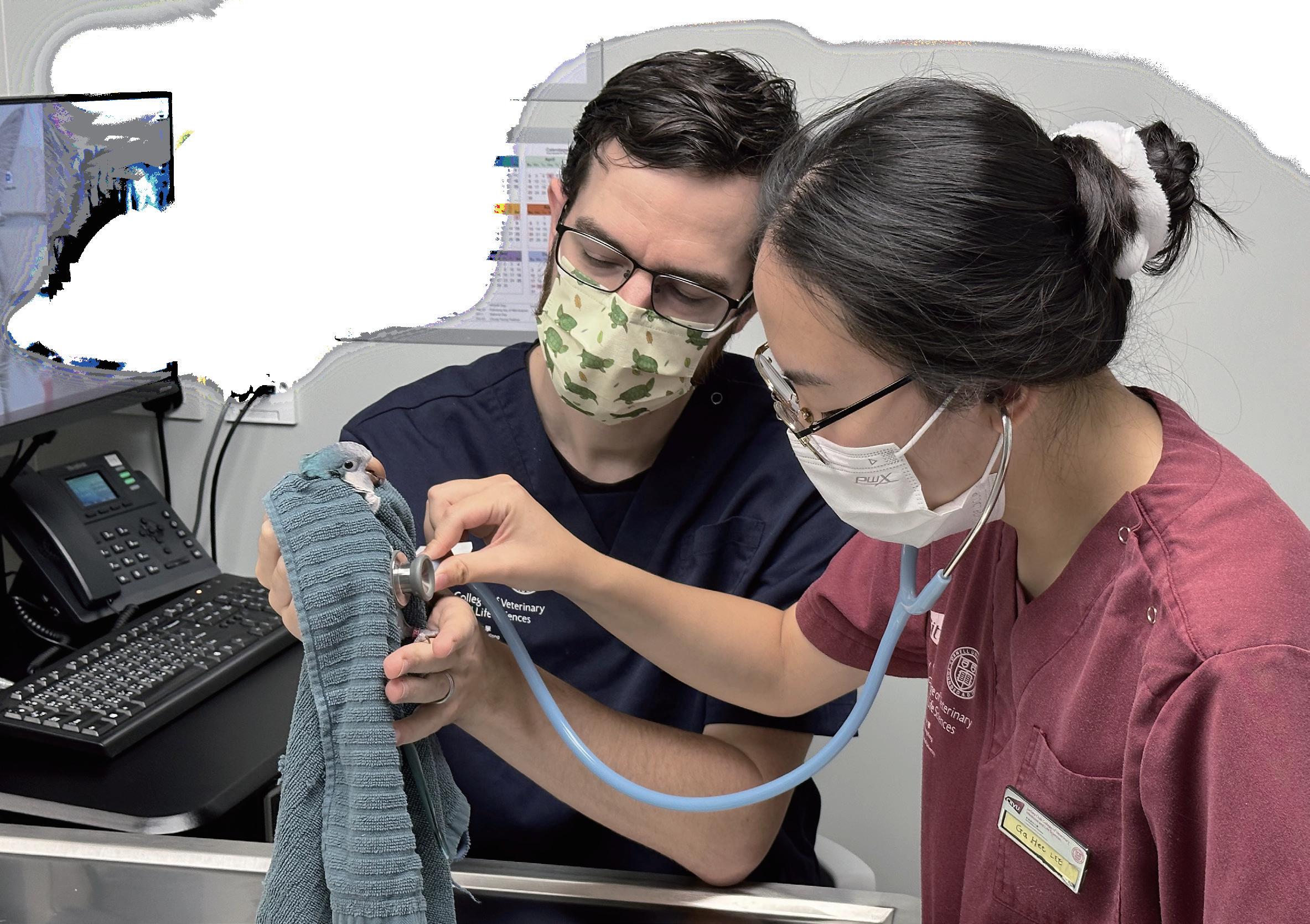
The BVM programme has global recognition because of the strengths of our strategic partner, the College of Veterinary Medicine at Cornell University, which runs one of the most prestigious veterinary medicine education and research programmes in the world.
The content and structure of the six-year programme is modelled on the Cornell curriculum. It consists of preclinical courses in biology, chemistry, physics, statistics and English plus rich opportunities for immersion in animal husbandry and CityU's Gateway Education courses. What's more, students are exposed early on to important issues such as the “One Health” concept, food safety and animal welfare.

The BVM Programme is accreditated both by the Royal College of Veterinary Surgeons (RCVS) in the UK and the Australasian Veterinary Boards Council (AVBC)
Students are required to undergo 26 weeks of clinical extramural studies and 12 weeks of animal husbandry placements during term breaks, broadening their practical experience with farming operations and veterinary practice locally, regionally and overseas.

Students also have the option of placement
opportunities and student exchange programmes at Cornell University. There are also extra-mural placements in approved locations in Hong Kong, Mainland China and other locations regionally and globally.
Students on clinical years of their training, also have access to our world-class facilities and resources here in Hong Kong, including our specialty clinic for small animals, veterinary diagnostic laboratory, CityU Farm
Year 1 Year 2 Year 3 Year 4 Year 5 Year 6
• Basic Science Courses & Preclinical Studies
• Aquaculture and Aquatic Animal Health
• Animal Husbandry, Welfare & Ethics
• Introduction to Food Safety
PARA-CLINICAL CLINICAL
• Animal Body
• Host, Agent and Defence
• Function and Dysfunction
• Clinical Pharmacology & Toxicology
• Clinical & General Pathology
• Small Animal Clinical Studies
• Companion Animal Surgery
• Anaesthesia, Analgesia and Fluid Therapy
• Equine Medicine & Surgery
• Production Animal Clinical Studies
• Aquatic Veterinary Medicine
• Conservation, Zoo and Exotic Animal Medicine
• Transboundary Animal Diseases
• Veterinary Practice & Professional Studies
• Clinical Rotations (26 weeks)
• Research Project
14-Week Animal Handling and Animal Husbandry Extra Mural Studies
26-Week Pre-Clinical and Clinical Extra Mural Studies
This programme emphasise the integration of fundamental knowledge in biomedical sciences with investigative skills and state-of-the-art technologies to enable students to understand the causes, diagnoses and treatments of human disorders and disease. The programme is designed to prepare graduates for employment in biomedical research, medical device and diagnostics, and biotech and pharmaceutical industries. Our unique industry-informed curriculum provides the students with extensive Medical and Health Services
• Diagnostics sector in medical and health industry
• Medical devices sector in health industry
• Pharmaceutical and laboratory instrumentation industries
exposure to medical laboratory technology and modern biotechnology, and applied research and clinical/industrial training opportunities through our strategic partnership with healthcare and medical laboratory sectors, and biotech and pharmaceutical industries.

Possible career choices in the following sectors are available upon students’ graduation:
Management and Consultant
• Consultancy services
• Laboratory management and clinical trials management
Scientific and Research Work
• Academic laboratory in universities
• R&D in pharmaceutical and biotech industry
• Government, forensic or medical laboratories
This major aims to nurture students to embark on scientific research, educational, professional or technical career after graduation. We provide a rigorous, broad-spectrum curriculum combined with specialisation in major fields of biology such as cancer biology, nanobiotechnology, regenerative medicine, microbiology and neurobiology. The programme presents an indepth study of biomedical and life sciences, with courses ranging from bioinformatics to biochemistry, genetics, cellular & molecular biology and immunology. With the two tailormade practical courses as well as opportunities
Bio-related Scientific Research
• Academic laboratory in universities
• R&D in pharmaceutical and biotech industries
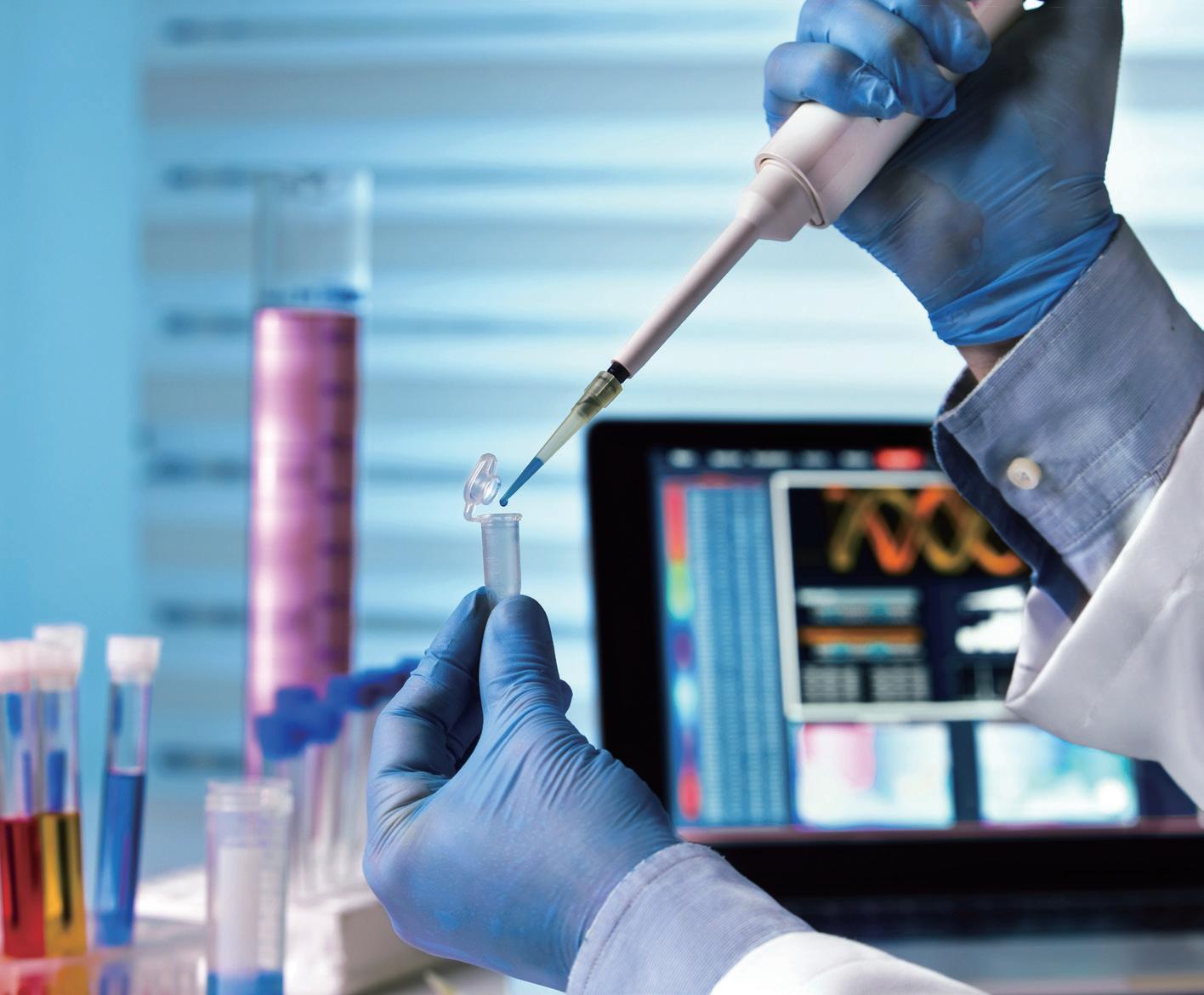
in research rotations and projects, students will gain a thorough understanding of how science is done with advanced technologies including omics & genome editing and state-of-the-art equipment in our research laboratories. It also nurtures students who are interested in pursuing postgraduate research training and undertaking a broad range of science-based careers.
Upon graduation, students can work in various areas, such as:
Various Government Departments
• Environmental Protection Department
• Government Laboratory
• Agriculture, Fisheries and Conservation Department
Management and Consultant
• Consultancy services
• Laboratory management
Commercial, Industrial and Education Sectors
City University of Hong Kong (CityU) is a dynamic, fast-growing university that is pursuing excellence in research and professional education. As a publicly-funded institution, the University is committed to nurturing and developing students' talents and creating applicable knowledge to support social and economic advancement. Currently, the University offers postgraduate research programmes in various disciplines, including business, creative media, energy, engineering, environment, humanities, law, science, social sciences, and other strategic growth areas, including veterinary medicine.
Clinical Veterinary Residency Training
Master of Science in Neuroscience
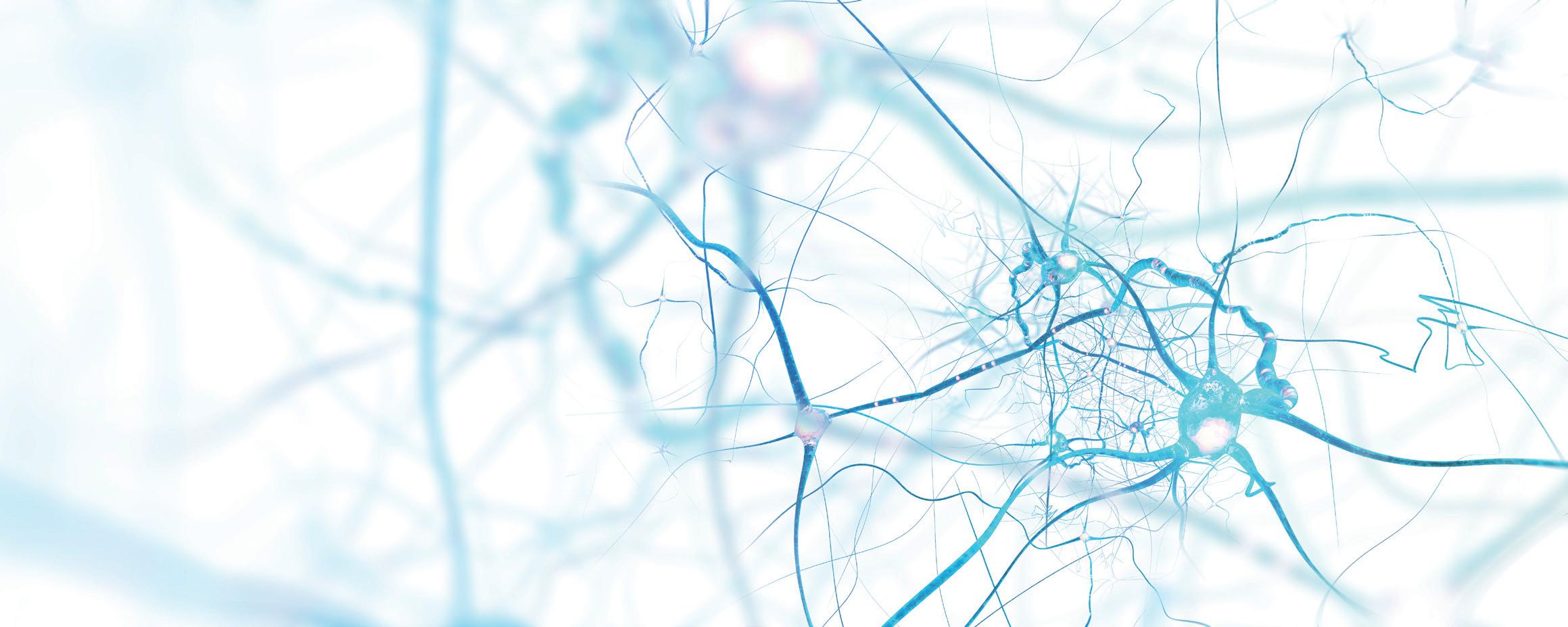
Master of Science in Health Sciences and Management
The College strives to be at the frontier of veterinary and biomedical research and discovery. Our cutting-edge research in these areas thematically operates under the “One Health” concept, which recognises the interconnectedness of human, environmental and animal health. The College fosters interdisciplinary collaborations involving a wide range of scientific disciplines aimed at achieving optimal health outcomes for people, animals and the environment within a local, regional and international context.
Doctor of Philosophy in Veterinary Medicine
Doctor of Philosophy in Infectious Diseases and Public Health
Doctor of Philosophy in Veterinary Clinical Sciences
Master of Science in Public Health and Epidemiology
Doctor of Philosophy / Master of Philosophy in Neuroscience
Doctor of Philosophy / Master of Philosophy in Biomedical Sciences
Residency training programmes are strongly aligned with our mission of training veterinarians and those who want to pursue advanced training to become veterinary specialists. Our faculty are engaged in building internationally recognised residency training programmes. We are currently working on building relationships and partnerships that will allow veterinarians to be trained by JCC and with strong input and participation of Department of Veterinary Clinical Services (VCS) faculty.
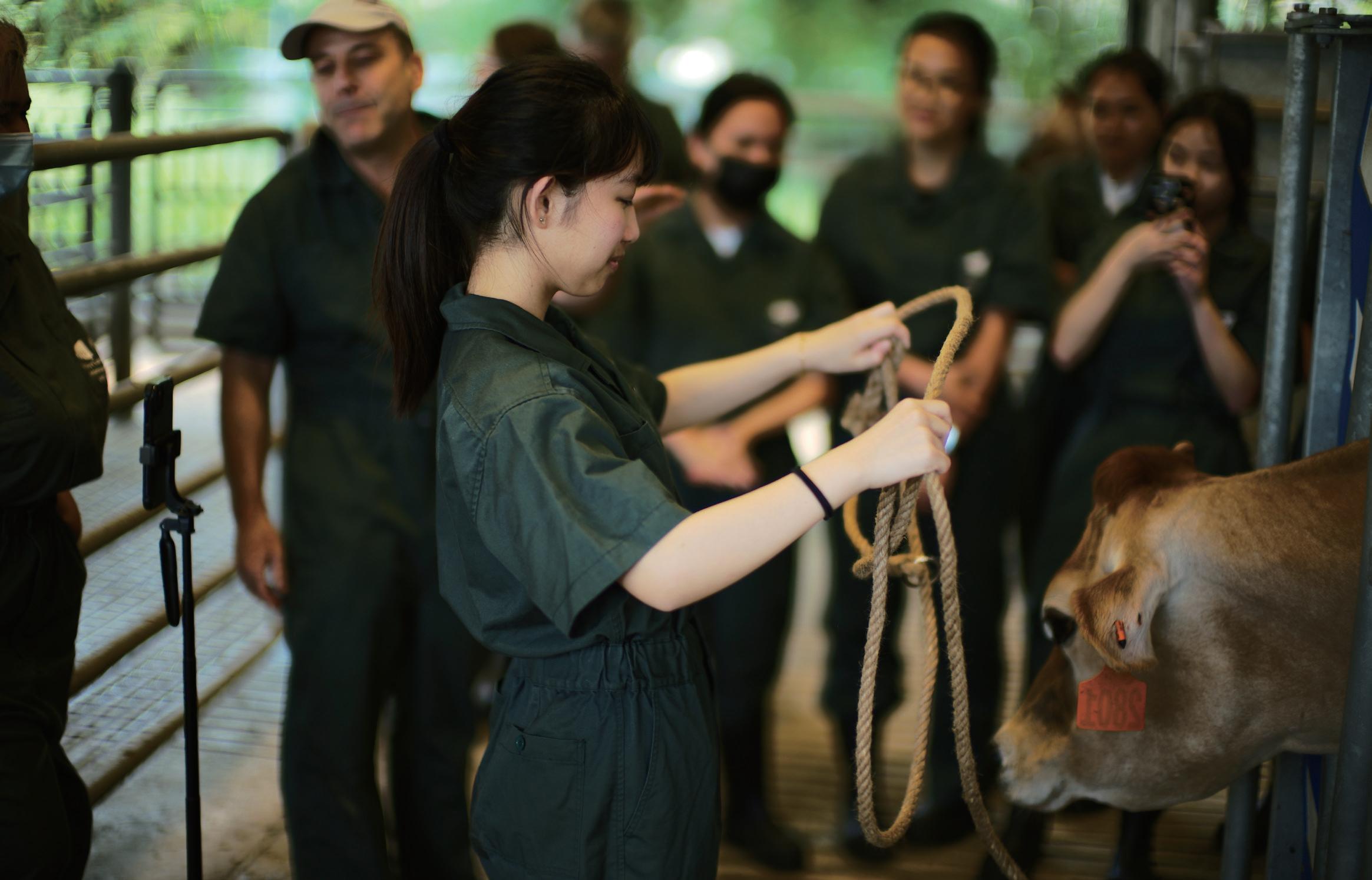

Hong Kong and Greater China are facing an increasingly ageing population. With ageing, health issues arise, and this includes brain health. CityU’s Master of Science in Neuroscience (MSN) programme offers students training in the basic and translational aspects of neuroscience (one year full-time study; two years part-time study). The main aim of the MSN programme is to provide interdisciplinary knowledge and training in neuroscience and neuropsychiatric disorders such that the graduates can be prepared for a career in this growing healthcare-related field. Career opportunities include pursuing further research (e.g. pursuing a PhD degree), working in consultancy, data science, government agencies, pharmaceutical and biotech companies, equipment companies, schools, and health organisations etc.
Topics Covered
• Learning and Memory
• Cognitive and Behavioural Neuroscience
• Computational Neuroscience
• Human and Artificial Intelligence
• Neurobiology of Disease
• Regenerative Neuromedicine
• Research Project
This Health Sciences and Management major aims to nurture students to embark on a professional, educational, scientific or technical career after graduation. We provide a rigorous, broad-spectrum curriculum combined with specialisation in major fields of biology such as cancer biology, nanobiotechnology, neurobiology and ecology. The programme presents an in-depth study of modern biology, with courses ranging from bioinformatics to biochemistry, genetics and cellular molecular biology. It provides a thorough understanding of how science is done with state-of-the-art equipment in laboratory for students interested in research and other science-based careers.
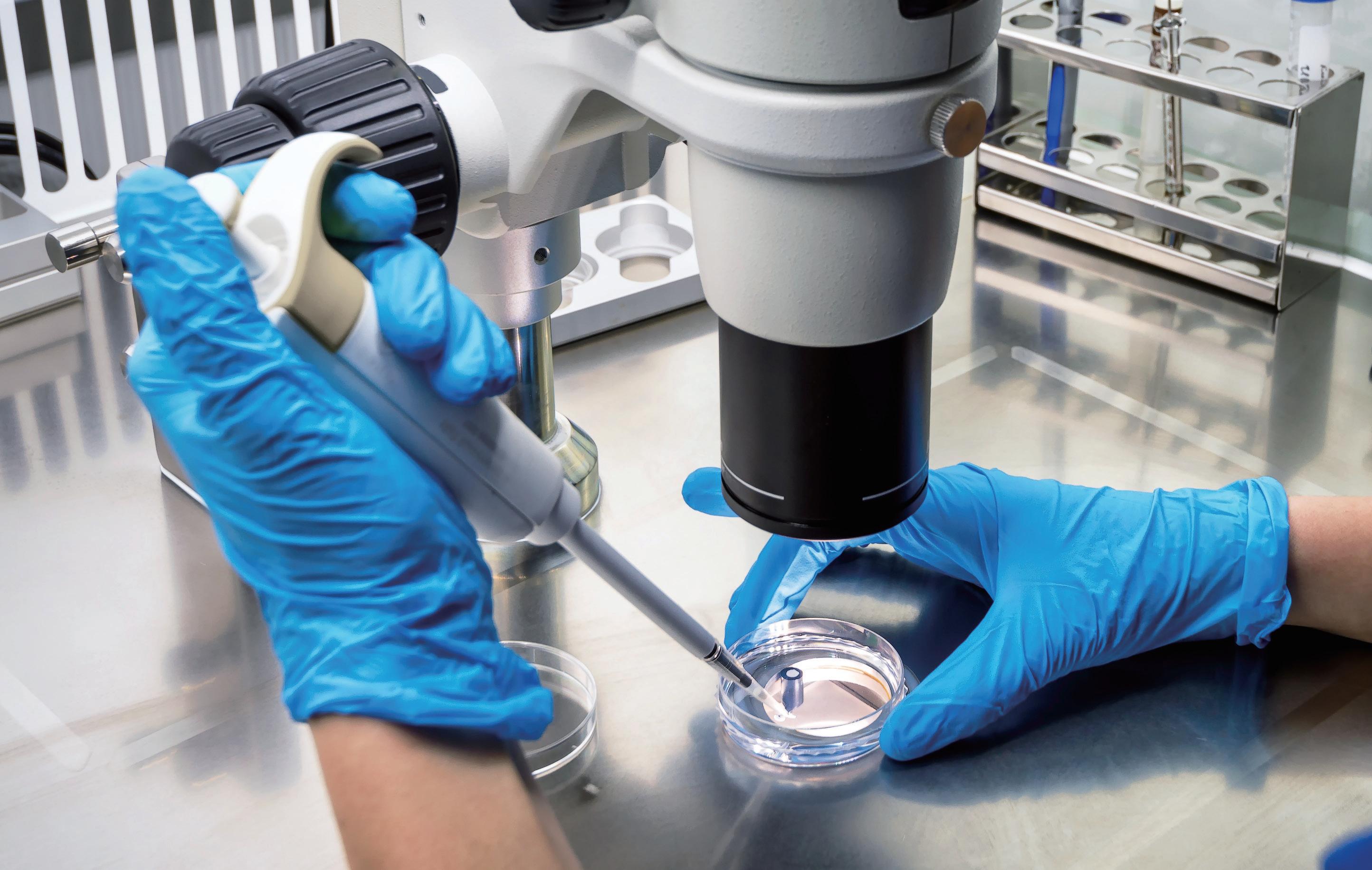
The Department of Infectious Diseases and Public Health has introduced a new MSc in Public Health and Epidemiology which encompasses an interdisciplinary curriculum combining both theoretical knowledge and practical skills.
Programme Aims:
• To prepare students with sound academic knowledge in One Health to identify, analyse and understand public health and health care issues, particularly those related to the control and prevention of emerging zoonotic diseases at the interface of humans, animals, and the environment and the role of ecology in infectious disease maintenance and transmission;

• To provide students with key skills to critically assess scientific literature, analyse and interpret epidemiological data to identify health determinants, infectious diseases incidents and their socio-economic impacts;
• To equip students with the necessary skills in designing and implementing public health research;
• To help students develop strong skills in statistical analyses for public health and animal disease data;
• To enable students to apply advanced statistical models to epidemiological data for predictions and surveillance of infectious diseases; and
• To prepare students with good leadership, planning and management skills necessary to formulate evidence based effective prevention and control policies for diseases in both human and animal populations
The Department of Neuroscience research degree programmes, including the Doctor of Philosophy and Master of Philosophy, aims to train and produce graduates with an understanding of advanced developments and highly marketable specialist skills in the field of neuroscience. Graduates of this programme will meet international standards with regard to their knowledge, technical expertise and communication skills, both written and oral. So prepared, graduates will be highly competitive when applying for professional positions in the academic, commercial, and technical sectors where demand for well-trained neuroscientists is steadily increasing.
Students will be exposed to a broad range of research areas, including Discovery-oriented Neuroscience, Disease-oriented Neuroscience, Neuropsychology, Electrophysiology, Neuronal Circuitry, Computational Neuroscience, Regenerative Medicine, Biomedical Engineering (nervous system related) and Neurogenetics.
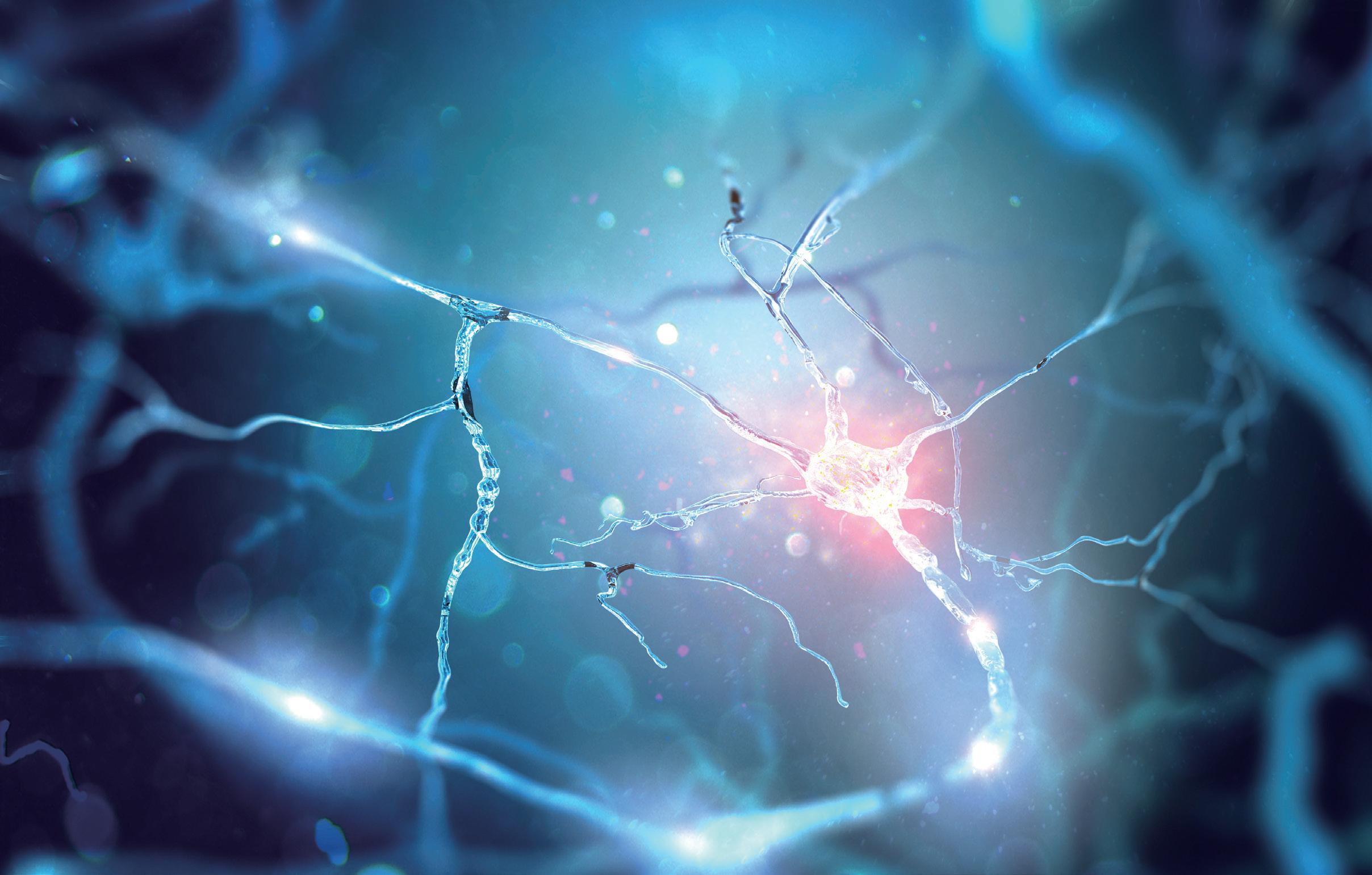
The Department of Biomedical Sciences carries out internationally competitive research and promotes interdisciplinary collaboration in the biomedical sciences. Its research programmes aim to understand fundamental mechanisms of biological processes and diseases, and translate new knowledge into the development of novel diagnostic and therapeutic strategies for prediction, prevention, and treatment of human diseases.
Departmental research focuses on four strategic areas:
• Neuroscience;
• Cancer biology;
• Regenerative medicine;
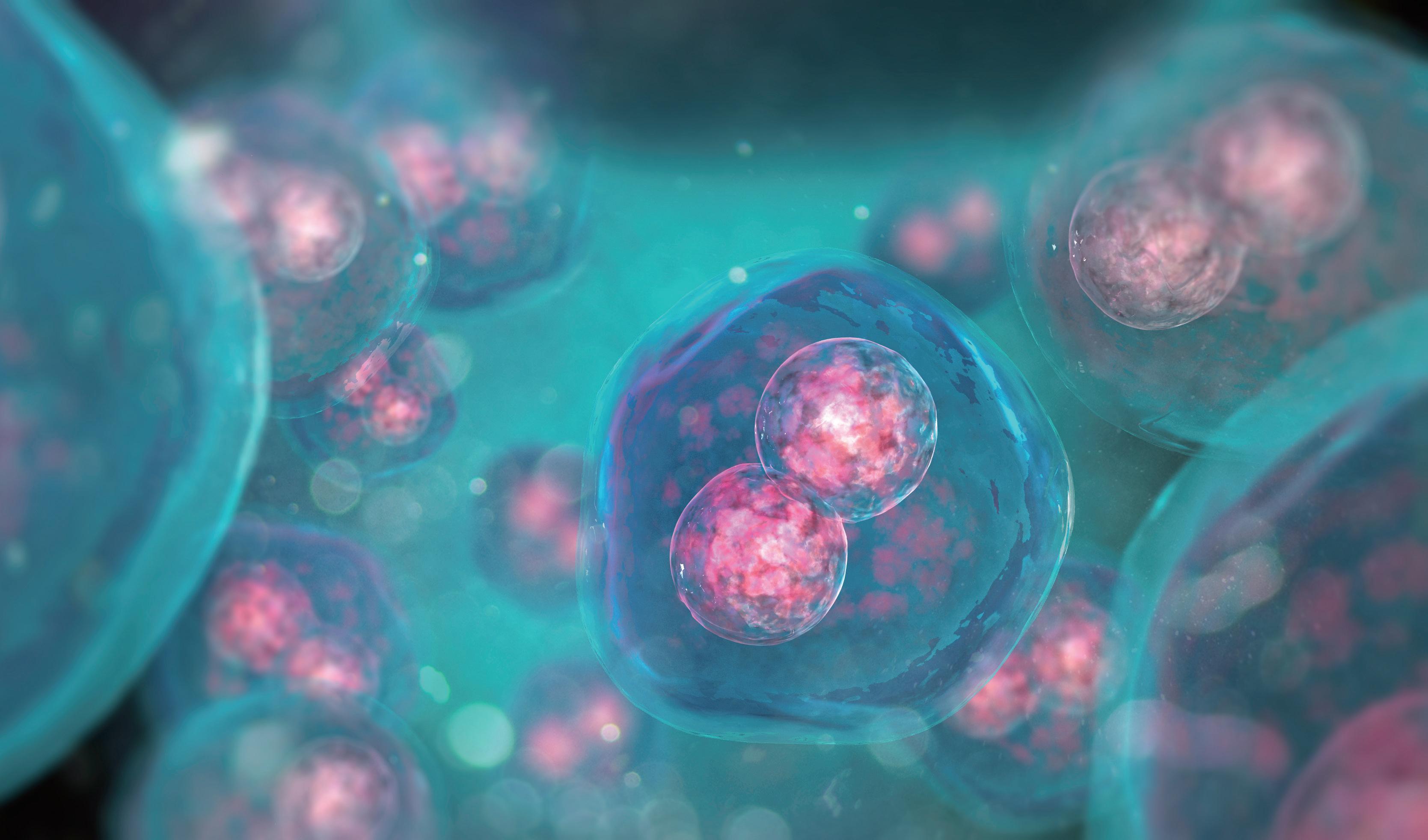
• Infectious diseases and immunity.
Multidisciplinary approaches are employed and supported by a wide range of state-ofthe-art equipment with cutting-edge techniques in areas including molecular and cell biology, genetics and genomics, physiology and pharmacology, systems biology and bioinformatics, microbiology and immunology, and biotechnology and nanotechnology.
The Department of Veterinary Clinical Sciences (VCS) was established in March 2020 by a pioneering team who embrace a vision to be Asia’s pre-eminent body advancing veterinary clinical science in response to evolving societal needs. Our research teams are committed to bringing evidenced-based solutions to diverse problems affecting animals in today's society.

Our PhD programme aims to train and produce graduates with an understanding of advanced developments and highly marketable specialist skills in disciplines related to improving the health and welfare of animals, and to meet local and regional requirements in the industrial, commercial, government or education sectors.
Our programme is student-centred and led by faculty who are engaged, committed, collaborative, and at the forefront of their respective fields. The diverse nature of veterinary clinical sciences means we have cutting-edge research projects that span many areas, working with a range of species, from exotics, companion animals, production animals and wildlife.
The Department of Infectious Diseases and Public Health focuses on One Health, an area spanning the health of animals, humans and the environment. Our principal research areas include:
• enhancing an understanding of the pathogenesis and natural history of infectious diseases in animals, with the overarching aim of improving methods for their diagnosis and control
• improving animal health and welfare through application of more effective disease control methods
• supporting the efficient and economic production of safe, both terrestrial and aquatic, animal-based food and other derived products
• monitoring current and emerging infectious diseases in animals that may impact on human health, including drug-resistant pathogens
• fostering collaborations between medical and veterinary personnel in the provision of targeted public health measures
• improving animal welfare through research, teaching and public education

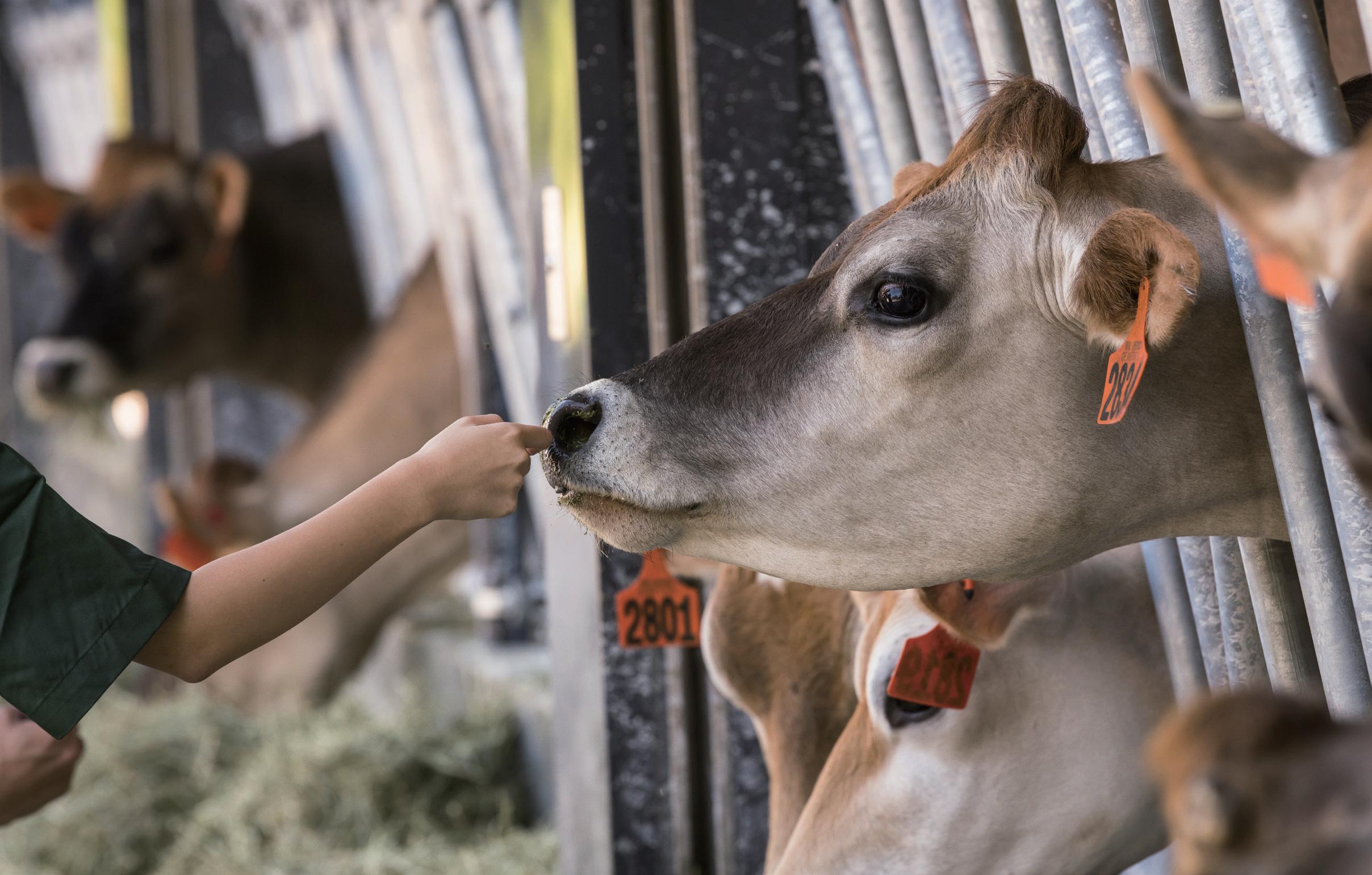
The PhD programme in Veterinary Medicine is an interdisciplinary programme, jointly supervised by CityU and faculty from Cornell University, open to outstanding graduate students who wish to conduct state-of-the-art basic, clinical and translational life sciences research alongside highly experienced research professionals. The programme is studentcentred and led by faculty who are accessible, engaged and committed to ensuring that our postgraduate students reach their full potential in research, teaching and professional development.
The students which are admitted to the programme will be eligible to undertake research work as research interns for up to 12 months at the Cornell University and will participate in research programmes leading to PhD degrees in one of the following areas:
• Comparative Biomedical Sciences
• Immunology & Infectious Disease
• Molecular & Systemic Neuroscience
• Public Health & Epidemiology
The Jockey Club One Health Tower (JCT, 13,900 m² net area) (AC4) is currently under construction, supported by a substantial donation (HK$500 million) from the Hong Kong Jockey Club. The JCT, will be the new headquarters of the JCC. It was initially scheduled for completion in 2023 but construction was delayed due to COVID-19, and it will be completed in 2024. It includes a large sports complex and a 1,600-seat auditorium. With over 9,000 m² of allocated space within the Tower, the facilities will provide teaching and research laboratories (BSL-1 and BSL-2), a clinical skills laboratory, a surgical and anaesthesia training suite, and staff offices.
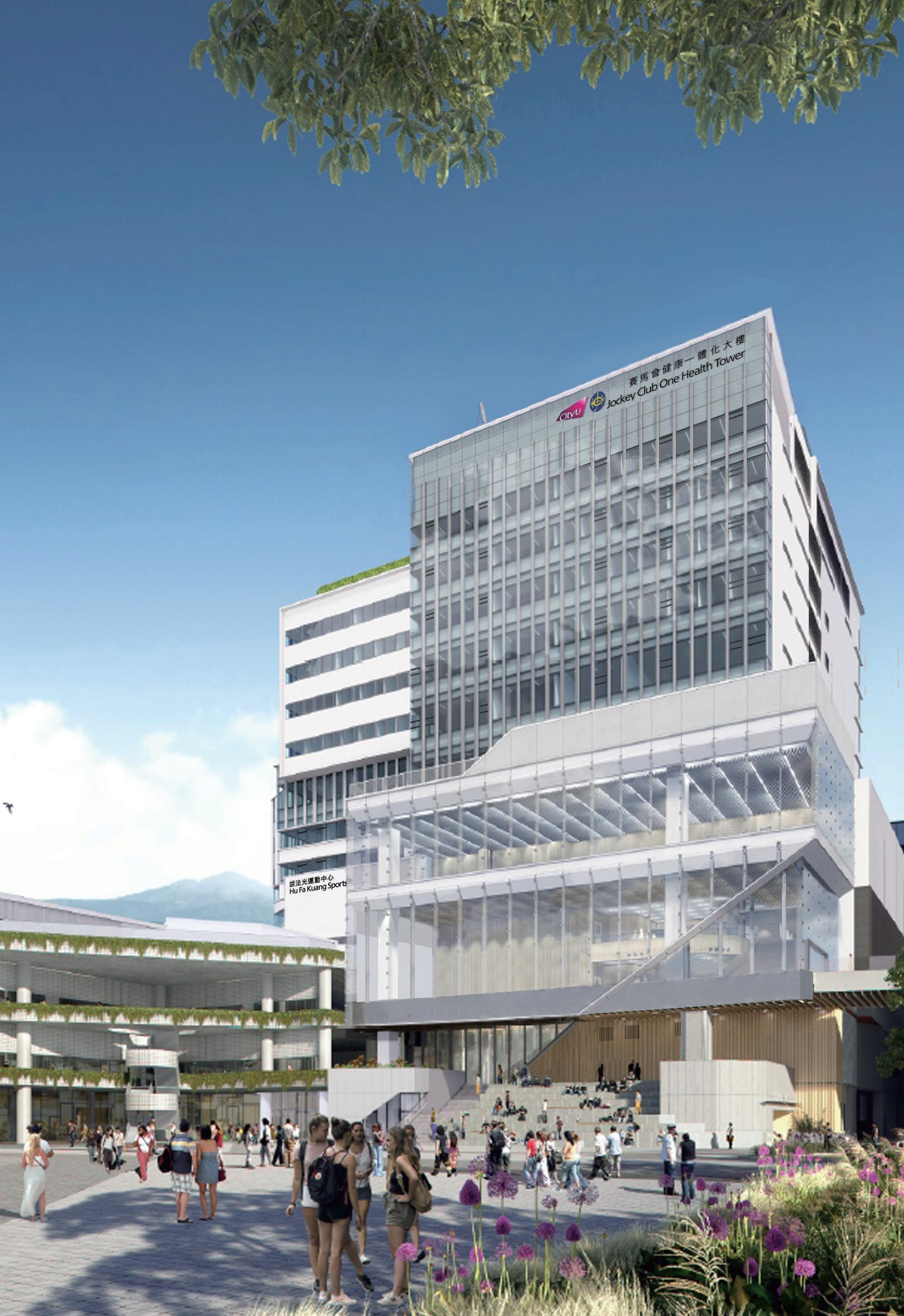
CityU has developed Hong Kong’s only dairy farm for decades primarily for teaching veterinary students on the Bachelor of Veterinary Medicine course and focusing on welfare, husbandry and farm management and producing competent veterinarians. The farm also provides world class research and innovation: facilitating and collaborating with research into nutrition, physiology (heat stress), genetics, welfare and behaviour, as well as reducing environmental impact and improving sustainability with locally sourced feed and bedding material which are by-products from human food production e.g. Soya hulls, brewers’ grains, biscuit waste and bread waste.
• Farm Area: 10,000 square meters
• The herd: 24 pregnant Jersey heifers (young cows) arrived from Australia in September 2022 and an additional 6 maiden heifers arrived in December 2022.
• 4 point herringbone milking parlour
• Specialist cattle handling and treatment facilities:

i. Tip over cattle crush for foot-trimming
ii. Hospital and maternity pens
iii. Isolation room
iv. Dedicated calf rearing facilities
• 24-hour, 7 day a week cow care by dedicated CityU veterinarians and farm staff
Opened in April 2019, the CityU Veterinary Medical Centre (CityU VMC) is one of the largest and most advanced 24/7 companion animal veterinary clinics in Hong Kong. With a team of professionals dedicated to primary care, emergency, and specialty services, its facilities span almost 35,000 square feet and include 22 consultation rooms, an emergency and critical care unit, dental suites, water treadmill & rehab, seven surgical suites, pharmacy and state-of-the-art imaging and diagnostic equipment. Through veterinary expertise and advanced facilities and technologies, CityU VMC is committed to providing comprehensive and quality veterinary care to dogs and cats in the community and promoting veterinary professional training.
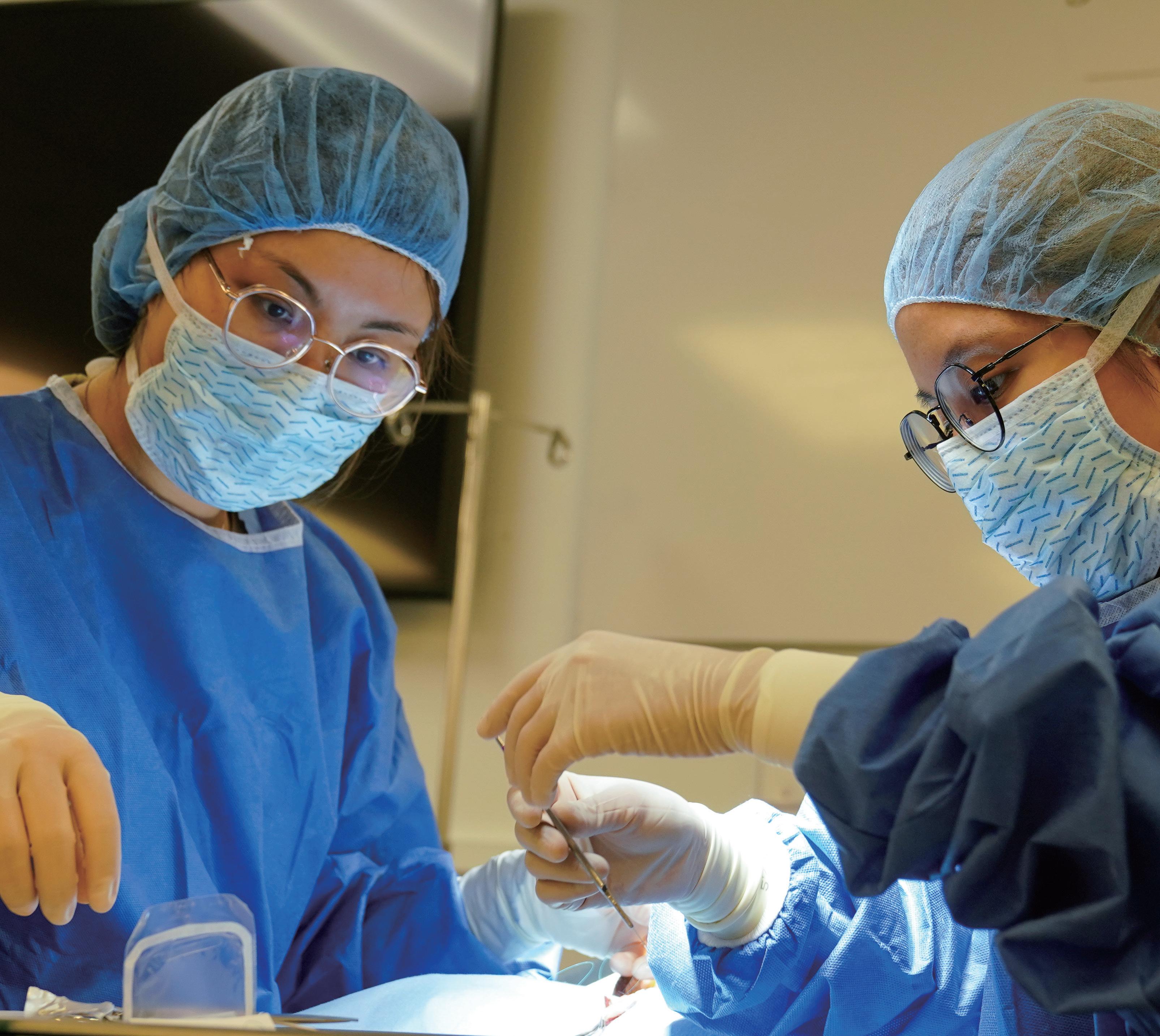
As one of the most comprehensive and advanced veterinary diagnostic laboratories in Asia, the CityU Veterinary Diagnostic Laboratory (CityU VDL) marks a milestone in the development of veterinary medicine in Hong Kong and the region. Operated by specialist veterinary diagnosticians, it provides full-service diagnosis for the veterinary community of Hong Kong and the region. It also serves as an important training ground for the BVM programme and supports animal disease research. The CityU VDL operates independently and provides services to all veterinary clinics, local livestock operations, and fish farms in Hong Kong.
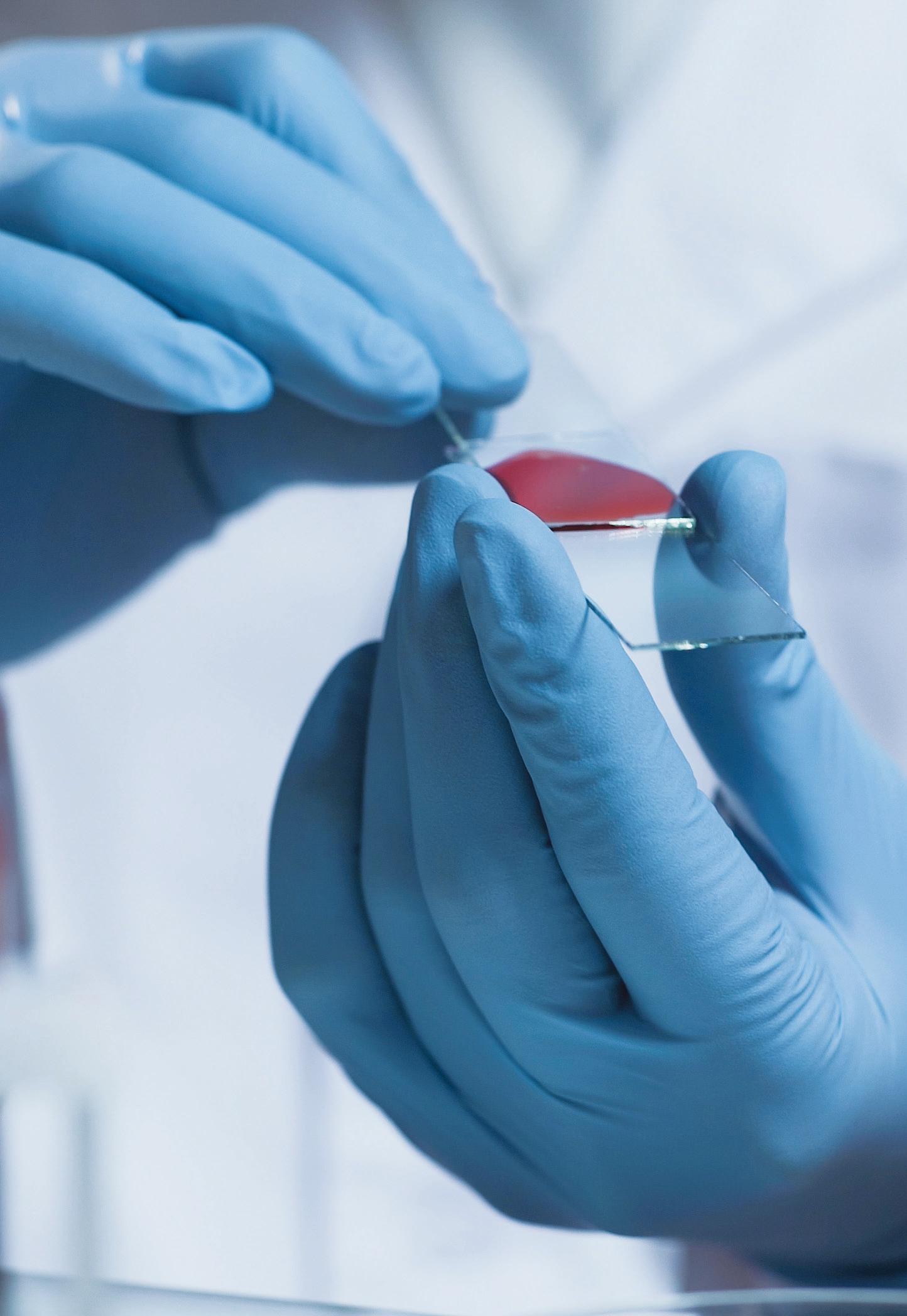
The purpose-designed state-of-the-art Pathobiology Teaching Laboratory was completed in August 2019 to support specialised pre-clinical teaching activities, such as gross dissection, histology, physiology and pathology and microbiology.
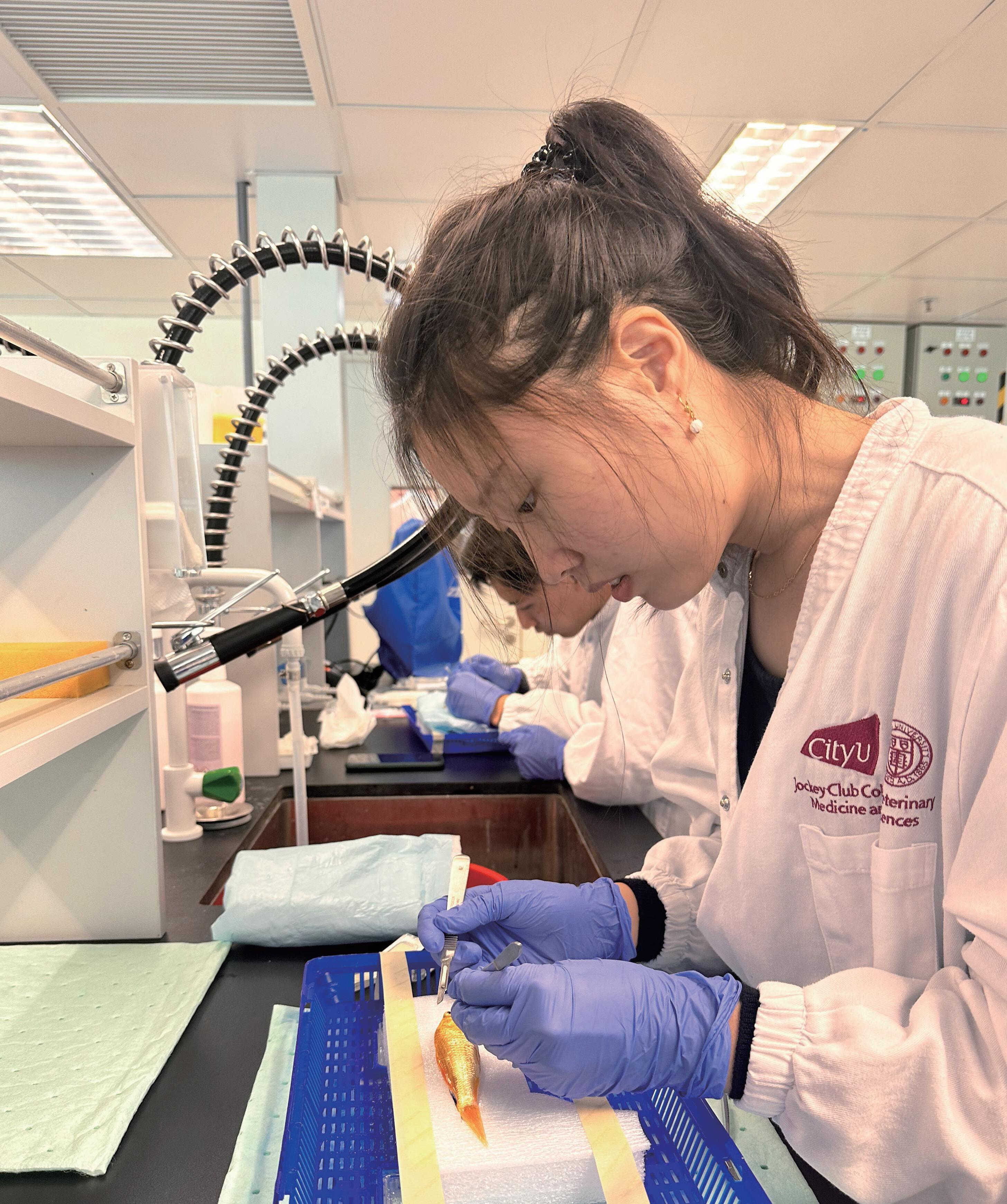
The Laboratory has been designed with containment at Biosafety Level 2. As well as individual workstations available for 36 students to perform their own experiments, a cutting-edge Digital Classroom microscope system has been installed, giving the possibility to observe the views from all connected microscopes simultaneously.
Examples of practical sessions include studying embryo development, dissecting fish for anatomy classes, and applying molecular methods for pathogen identification.
The Dissection Room is a purpose-built facility for the preparation, study and storage of anatomical specimens covering a wide range of veterinary and comparative species, using a combination of cutting-edge and traditional techniques. Attention has been given to student and staff safety and comfort to enhance the learning experience. Downdraft dissection tables draw stale air away from students as they examine cadavers, while virtual and model dissections are projected on screens to guide each lesson.

Clinical skills refers to a set of professional competencies required for new veterinary graduates, including the physical examination, communication skills, procedural skills and management skills. The CityU Clinical Skills Lab (CSL) is currently housed in a 90 sqm facility, but will move to a custom-built 300sqm facility on the completion of the Jockey Club One Health Tower. The lab features low- and high-fidelity models and simulations that are implemented in all years of the BVM programme. The skills are all taught in the CSL, with models available to cover skills in a range of species from basic animal handling to surgery and advanced life support. The clinical skills lab is at the heart of the college’s commitment to the ‘4 R’s’ approach to animals in teaching – replace, reduce, refine and respect, and the clinical skills lab team recently received a CityU Teaching Excellence Award for their commitment to developing new teaching methods.
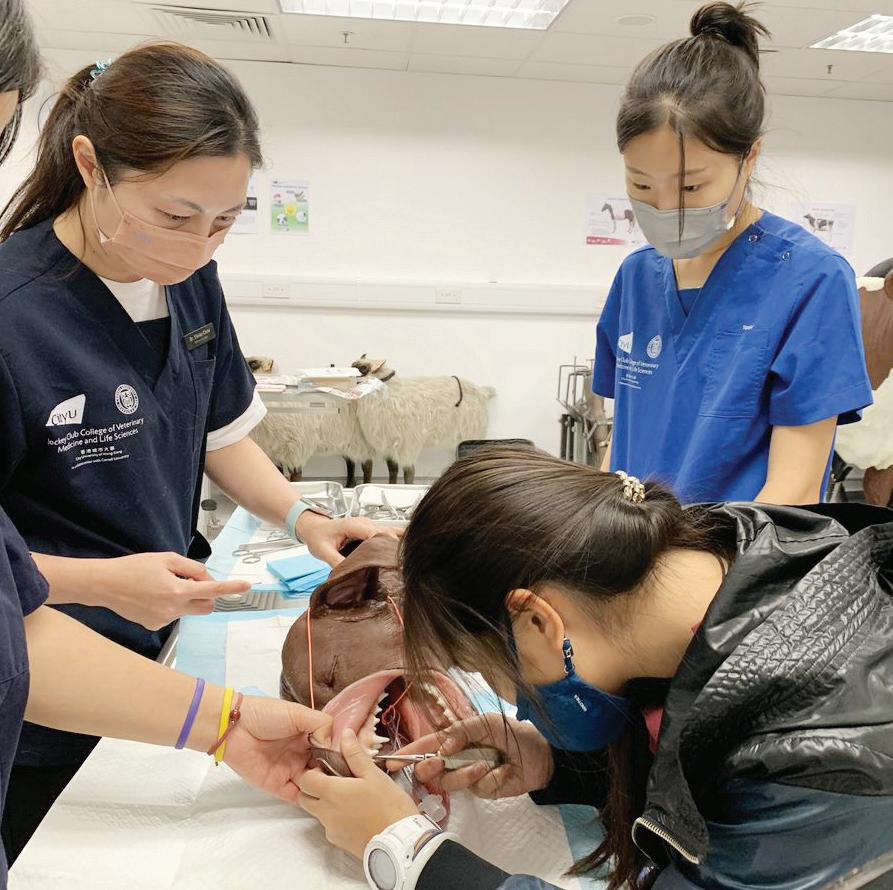
The JCC works with the Hong Kong Jockey Club to provide undergraduate teaching. HKJC has a fullyequipped equine hospital including theatre and advanced imaging facilities such as MRI, CT and nuclear scintigraphy, plus a state-of-the-art equine rehabilitation facility in Conghua, Guangdong. HKJC facilitates JCC to use their facilities for equine handling in year one, and for clinical teaching in years three to five. HKJC is also the location of the equine medicine and surgery rotations taking place in the final year of the programme, predominantly at the ambulatory clinic located at Beas River Equestrian Centre, with use of other sites as required.

The College works with the local aquaculture industry to fulfill its education and research missions. The staff at Ocean Park oceanarium also work with our faculty on research projects at their site and they provide our students with placement opportunities to work with aquatic animals.
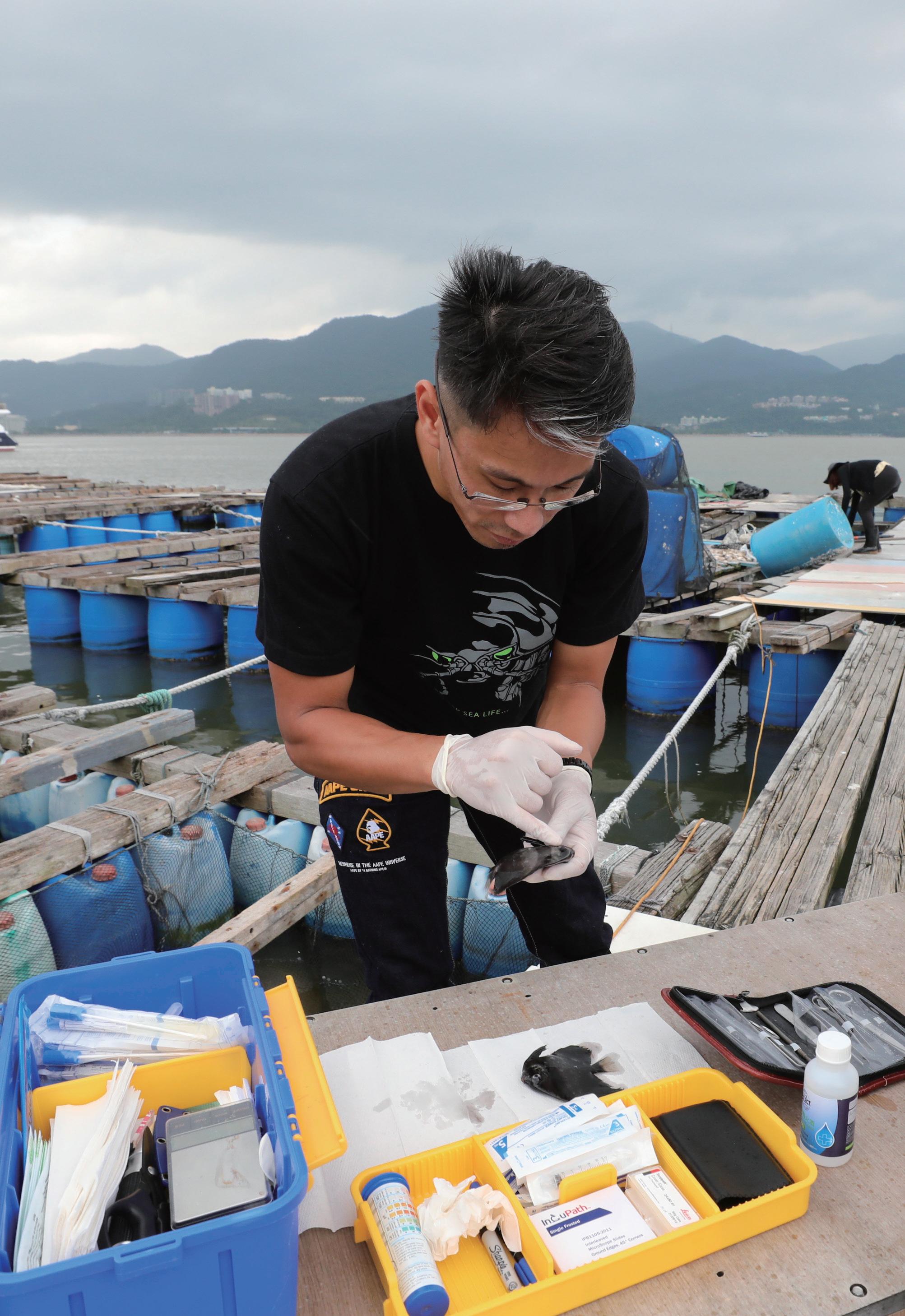
The planned surgery and anaesthesia facility in the JCT is a large state-of-the-art facility for clinical training of surgery and anaesthesia skills in a spay/neuter clinic to prepare our Year 4 students for clinical rotations. This facility includes specific housing areas for cats and dogs and separate rooms for instrument processing, scrub area, surgery operating theatre with four independent stations, clean surgical processing and storage, anaesthetic induction and recovery areas. There is an ideal environment for routine clinical didactic teaching with a case review room with state-of-the-art audio-video capabilities and a full medical records station room. The facility will be available for other activities such as clinical research, veterinary paraprofessional courses including the CityU Scope Advanced Diploma in Veterinary Nursing and extended continuing professional development (CPD) for the local and international veterinary community. Equipment will include an open plan operating theatre with four stations, cameras for remote teaching of surgical skills, anaesthetic machines, monitors and equipment.
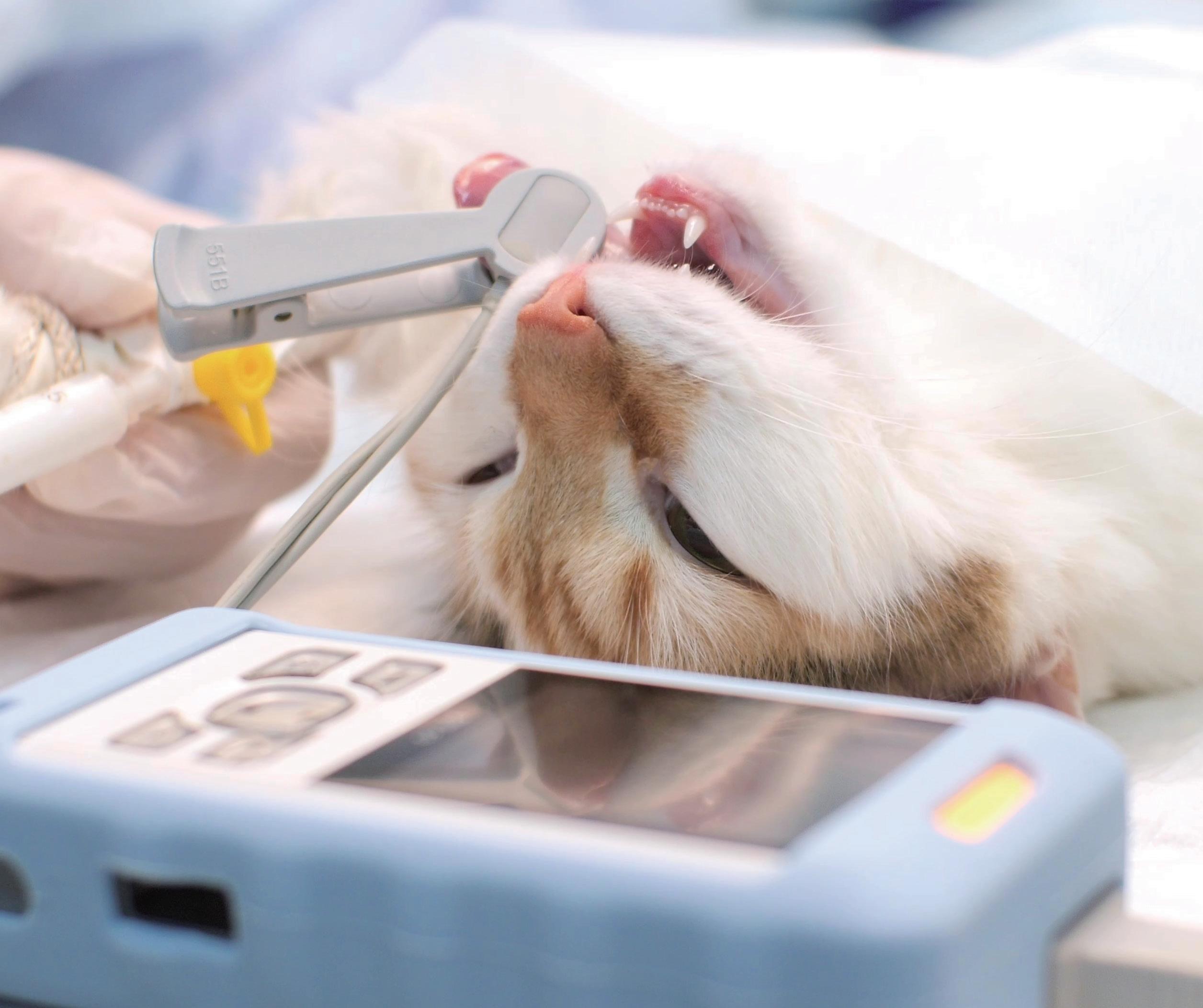

LARU is designed and operated as a barrier facility to ensure the well-being of animal colonies (mainly rodents), equipped with air or wet shower entry, sterilised autoclaved and irradiated feed, filtered and sterilised drinking water, steam-sterilised bedding, microisolator caging (individual ventilated cage units), disinfection of all supplies and equipment, and strict barrier sanitation of caging equipment through cabinet washers. All the areas are equipped with HEPA filters, directional air flow and are operated in sequence from clean to dirty to further protect the research animals. We are committed to upholding animal welfare by introducing minimum cage space requirements for our laboratory animals. In the 8 years since its establishment, it is currently supporting nearly 50 research groups with over 450 research staff/students across different departments at CityU to cater for the increasing demand for animal research. In 2020, LARU was awarded the ISO 9001:2015 accreditation and has since been renewed annually to ensure that the excellent quality management system is maintained and engraved into the core standard operating procedure of LARU.
We set up a quarantine facility and sentinel monitoring programme to facilitate animal import and export. Our in-house Veterinarian consultant works closely with us to have regular on-site inspection, maintain animal health report data, and advise on animal import/ export issues. Animal users are required to change into sterilised gowns, gloves, masks, caps, and sterilised shoes, and shoe covers. We also include a Biological
Safety Level 2 (BSL-2) animal lab, which allows animal users to work on level 2 microbes for infectious diseases. The BSL-2 lab is equipped with independent HVAC system, an anteroom as buffer room, self-locked doors, portable autoclave, surgery, and dissection area. An automated robotic cage processing system for bedding management ensures a high cage sanitation throughput rate and supports occupational health and safety by reducing staff’s exposure to allergens during bedding disposal.
LARU offers regular bi-weekly training workshops to qualified animal users which aim to introduce proper animal husbandry and care, appropriate attire for work in the facility and safe use of facility equipment, proper animal handling techniques such as restraint, sexing, blood collection, oral feeding and intra-peritoneal injection to facilitate their research studies. We offer researchers genotyping services to collect tissues and ear tag animals. We have a specific-pathogen free area for the centralised supply of wildtype and transgenic animals that is maintained by LARU technical staff. We also provide a surgery room, equipped with advanced equipment, including a dissecting microscope with digital video camera system for teaching purposes, a digital stereotaxic instrument for brain surgery and a microinjection system, isoflurane anesthesia system, and downdraft surgery tables to ensure a safe working environment. We offer husbandry Extra-Mural Studies placements for our BVM students during the summer so they can complete part of their husbandry training at LARU.
The Biomedical Sciences Laboratories are purpose-built and equipped with cutting edge equipment designed to provide the best environment for research and teaching. They consist of:
• Research laboratories;
• Teaching laboratories (equipped with state-of-the-art medical analysers and equipment in four major fields of haematology, clinical chemistry, microbiology, and histopathology);
• Functional rooms (including tissue culture rooms, pathogen labs (Class II), walk-in cold rooms, autoclave rooms and washing rooms which support both teaching and research activities) and;
• Core facilities and equipment such as the Clinical Diagnostic Instrument Core, Molecular and Genomic Core, Imaging Core, Flow Cytometry Core, High Performance Liquid Chromatography Core and Centrifuge Core.



Our Clinical Diagnostic Instrument Core is purposely equipped with updated and advanced instrumentation used by commercial clinical laboratories and hospitals to allow our students to familiarise themselves with the operation of these instrument in the university before they enter the commercial sector.
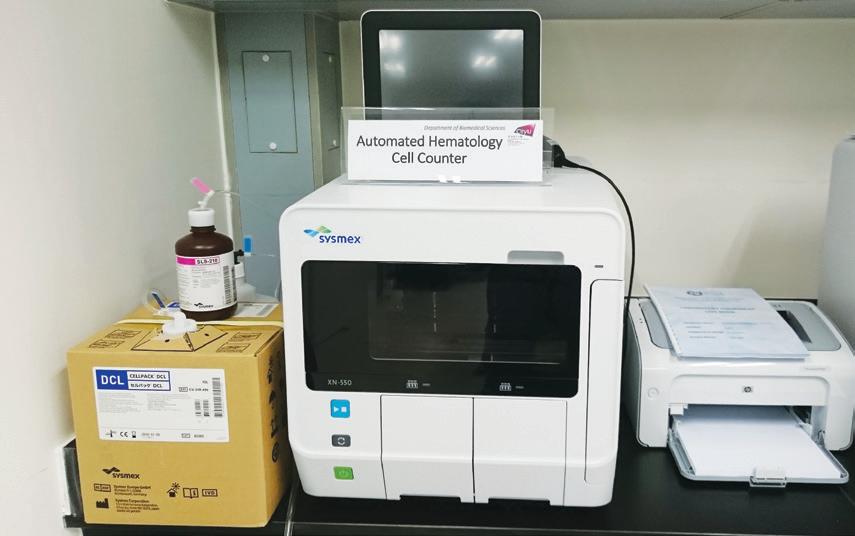
The Centrifuge Core is equipped with different types of centrifuges from bench top to floor standard ultra-speed centrifuges (up to 504000 g-force). Fitted with various types of rotors of different volume, most biological samples, as small as cells, organelles and vesicles, can be separated by our centrifuges.
The Molecular and Genomic Core provides resources to support research needs for high throughput genomics, including real-time PCR systems and Next Generation Sequencers. The Illumina NextSeq 500 Sequencer allows genome-wide experiments to be performed for a wide range of bioinformatics studies.
There are various types of microscopes in the Imaging Core, enabling live cell imaging, single cell dissection and confocal laser scanning microscopy.
This core facility supports the use of a wide range of flow cytometry techniques, enabling simultaneous and rapid analysis of complex cell populations. The high speed cell sorter also enables cell sorting application of different sizes as well as the isolation of target cell types from the population.
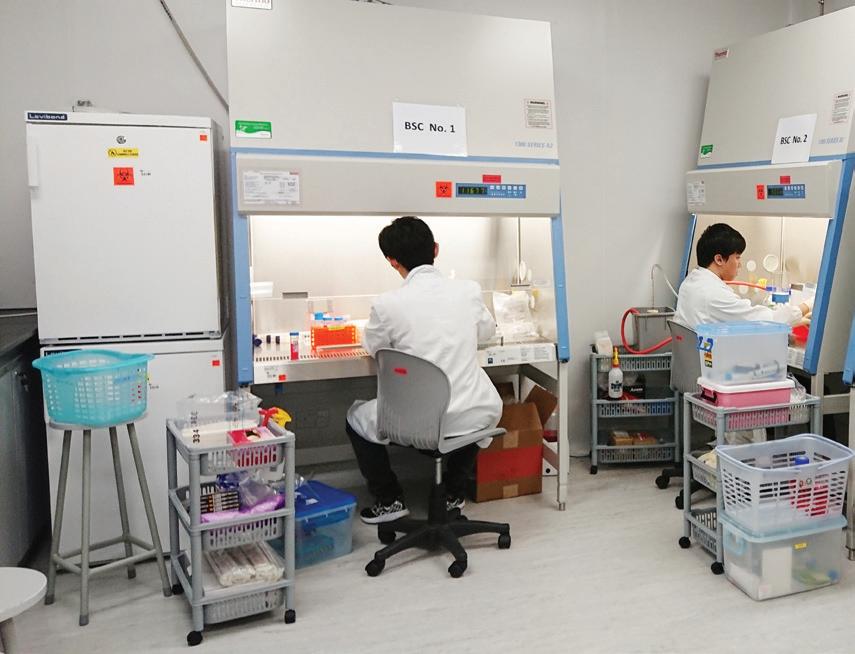
We have two HPLC systems to facilitate the separation of molecules with various chromatography techniques.
The Nikon AX R confocal imaging system was available in mid2021 and we are the very first institution in Asia to introduce this state-of-the-art flagship equipment to Hong Kong. The Nikon AX R equipped with resonant scanner allows high speed scanning at super high resolution (2048 x 2048 pixels) while reducing the illumination time by more than 20X typical scanning times. Together with the available high quantum efficiency PMT detector and largest-field-of-view, users can easily capture brighter and wider image without quenching the fluorescence signals of living or fixed samples (i.e., brain microscope sample slides). The highest optical resolution can go down to 200 nm with Nano Crystal Coat high-numerical aperture objectives. The entire range of a whole organism or system down to intracellular imaging is achievable on this instrument.
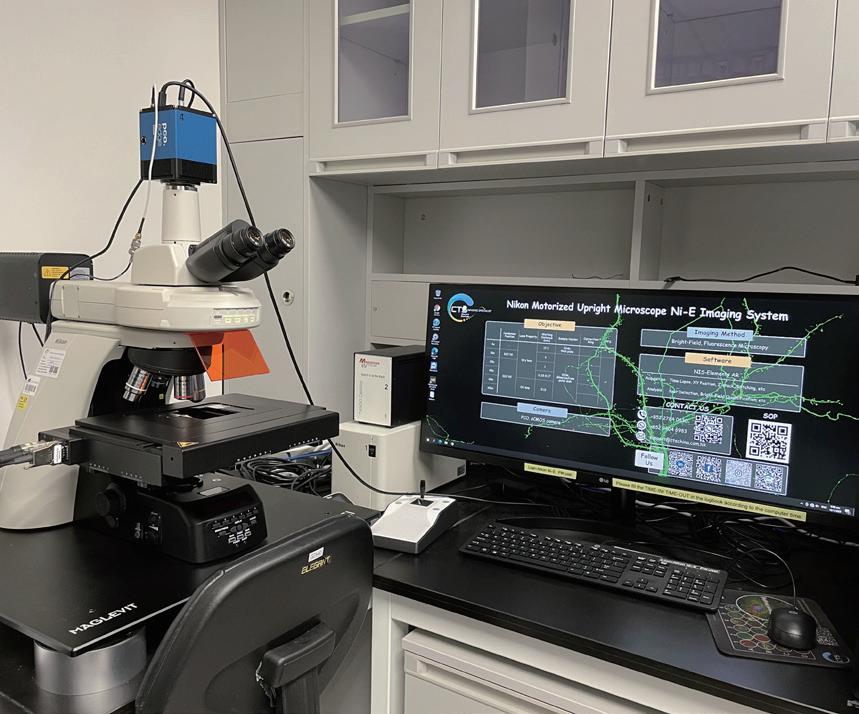
The Nikon ECLIPSE Ni-E Epi-Fluorescent microscope provides fully motorised operations with high-precision motorised Z-position focusing and high-S/N-ratio imaging of 3D structures of organs and cells. Their uniform brightness and superb image quality up to the edge of the large field of view of FOV25 allow seamless image stitching and highly accurate quantitative analysis. The light source is a simultaneous illumination of primary colours (red, blue and green) which enables the capturing of colour images by a high sensitivity monochrome CMOS sensor. The Ni-E is also configurable for multiphoton imaging, as well as fixed-stage configurations, to meet the demands of neuroscience applications.
The Thorlabs Bergamo II system is a state-of-the-art, two-photon microscope system for real-time imaging of neuronal or glial activity in a live animal. It allows simultaneous monitoring and manipulation of neural activity in an awake and behaving animal (for example, rats and mice). It has two laser paths: one for fast recording of fluorescent activity and the other for photostimulation. The two laser paths offer a powerful way of monitoring brain activity with the capability of altering specific combinations of neuronal or glial cells. It also has a unique rotating microscope body that allows access to hard-to-get-to brain areas such as those on the side. This system is also the first of its kind in Hong Kong.
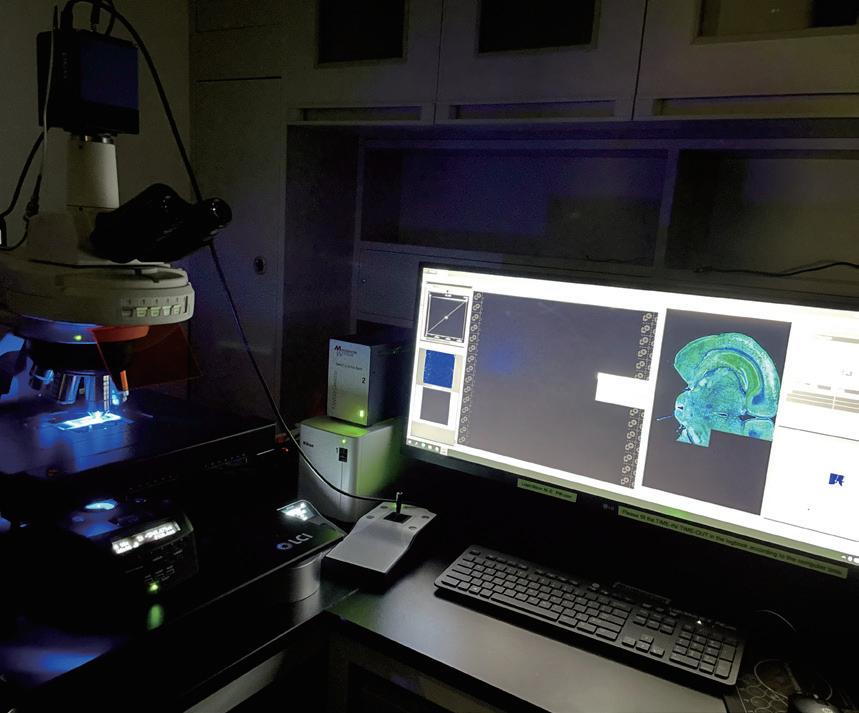



Safeguarding animal health and welfare is essential for a thriving planet. Established in 2020, the Centre for Animal Health and Welfare (CAHW) is an Applied Strategic Development Centre at CityU that hosts a multidisciplinary team of veterinary researchers with complementary expertise and shared core values of excellence, integrity and compassion. Our mission is to improve the quality of life of animals by producing high impact research bringing evidence-based solutions to address major animal health and welfare problems in Hong Kong and beyond.
Our research spans diverse disciplines to improve animal welfare including artificial intelligence, infectious and parasitic diseases, improving pain management, equine biomechanics, and the antiviral and antipathogenic properties of gut microbes.
Our Centre organises regular accessible webinars to foster public awareness of animal health and welfare and to provide continuing education for veterinary professionals. Recent events have tackled the severe welfare issues in brachycephalic animals, improving welfare for working dogs and racehorses, probing the ethics of excessive veterinary treatment and companion animal euthanasia. For more information, please visit our website cityu. edu.hk/cahw.

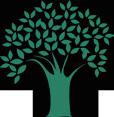
One Health is an integrated effort to achieve optimal health for humans, animals and the environment.
Global increases in animal-to-human transmitted infectious diseases (zoonoses), antimicrobial resistance in the food chain, and other food safety issues continue to pose threats to human health. An estimated 75% of new and emerging infectious diseases (EIDs) are zoonoses and arise from human, animal and environment factors.
Some well-known examples are avian/swine influenza, Ebola, Middle East Respiratory Syndrome (MERS) and severe acute respiratory syndrome (SARS). Antimicrobial resistant bacteria can exist in our food sources and even persist in the community as well as the environment beyond healthcare facilities.
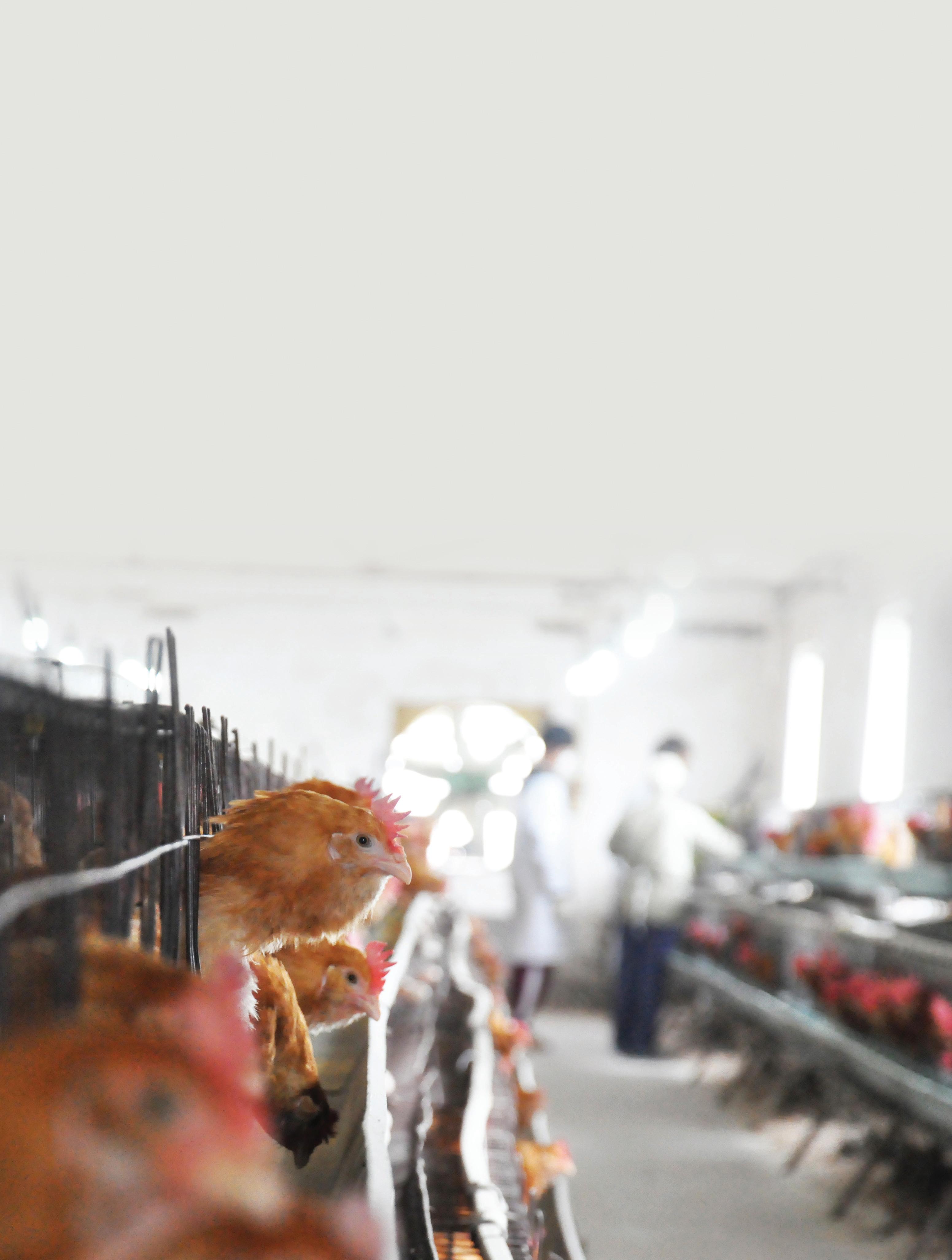
Hong Kong through its high (>90%) dependence on food imports, high density of human population and their trans-boundary movement, its position as the single most important trade hub between China and the rest of the world is highly vulnerable to emerging disease threats.
The One Health approach is necessary to mitigate the risks arising from the complexities of these growing threats in a holistic manner.
The Centre for Applied One Health Research and Policy Advice (OHRP) was established in 2016 to generate scientific knowledge that will lead to the development of evidence-led policies at local, national, regional and international levels for the prevention and control of infectious animal diseases affecting human health and animal production, welfare and health.
The Jockey Club College of Veterinary Medicine and Life Sciences has established ambulatory extension services for swine, poultry and aquatic species that aim to facilitate the development of modern and sustainable agriculture and aquaculture in Hong Kong and enhance the overall competitiveness of these local industries. The services seek to identify the major constraints on pig, poultry and fish health and production in Hong Kong and to develop interventions that result in improved productivity, animal welfare, food safety and also provide monitoring for early warnings of new and emerging zoonotic diseases. Based on the needs of individual farms, a tailored animal health and production management service programme is discussed and implemented on participating farms. These services also help local livestock and fisheries communities to move towards high value-added operations.
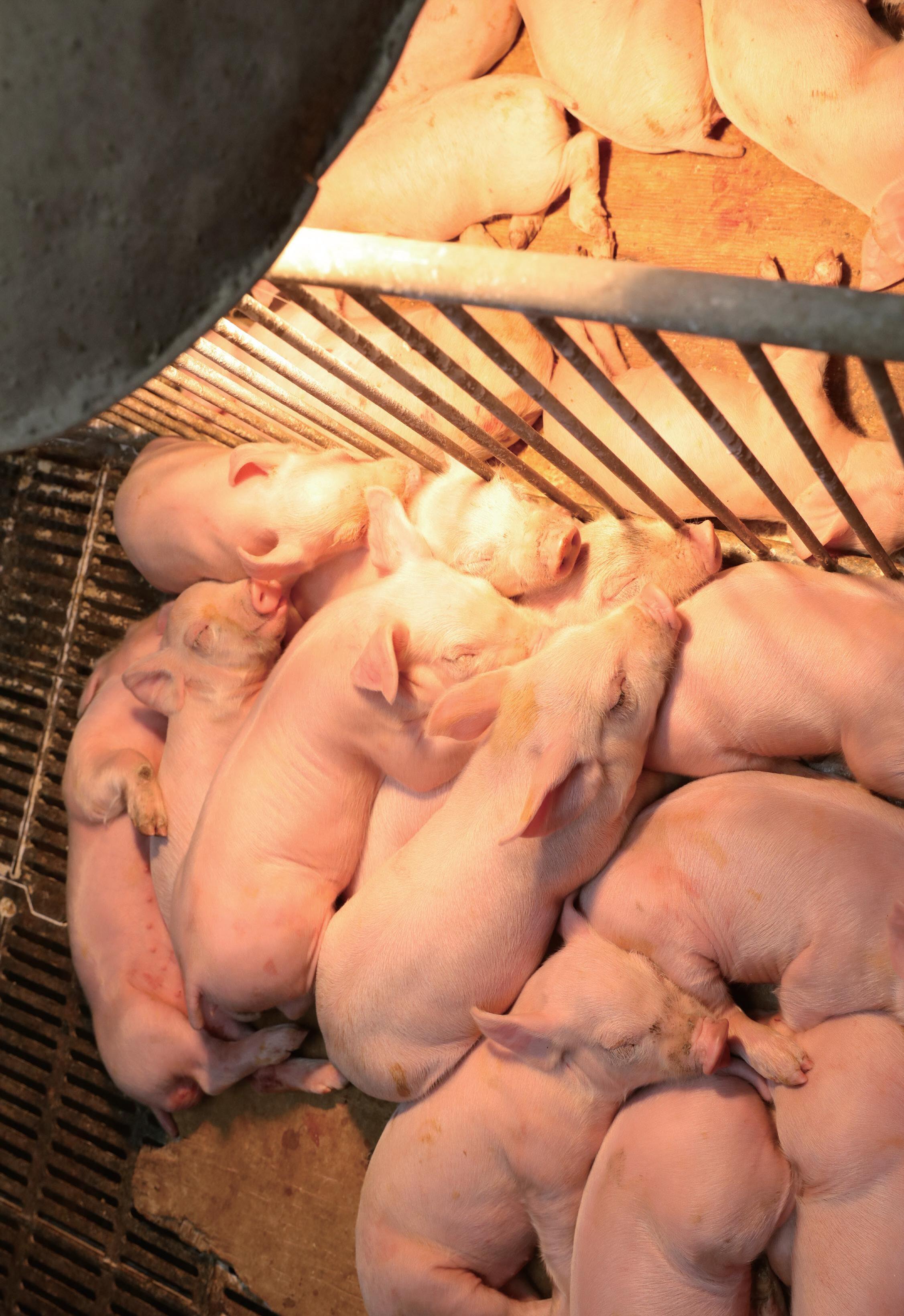

The provision of Continuing Professional Education is a strong focus of JCC. Since 2009, CityU has been providing leading edge continuing professional education activities to cater for the needs of the local and regional veterinary profession. Since its inception, JCC has offered a wide selection of CPE topics, including orthopaedic surgical skills, laboratory techniques in urinalysis and blood analysis, fundamental ultrasonography techniques, practical CPR, animal welfare in companion animal practice and veterinary legal issues. CityU continues to strive to be a pre-eminent provider of further education for veterinarians and other veterinary professionals.
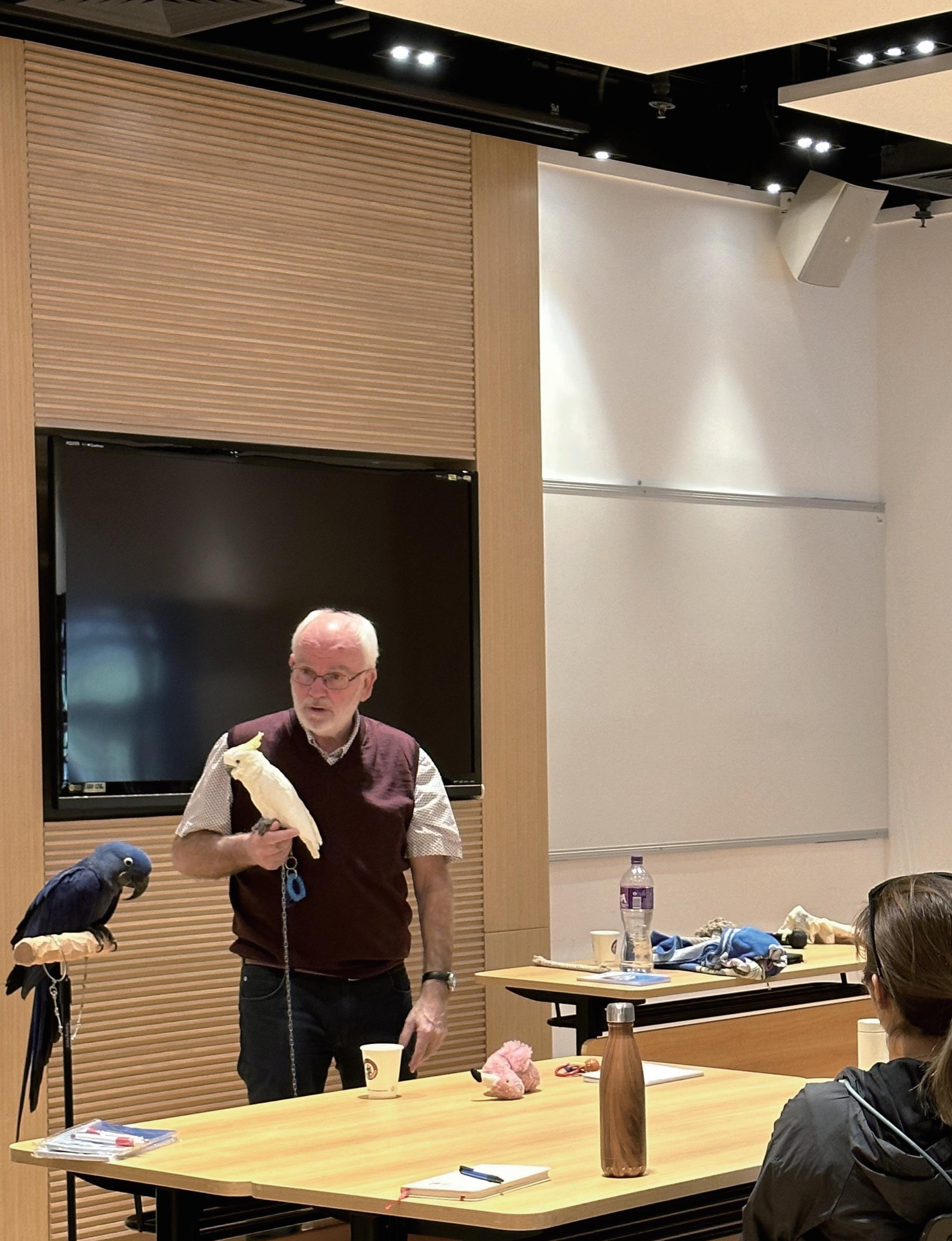
Working with our stakeholders is an indispensable part of the College and the JCC has forged strong partnerships with many groups and organisations. These collaborative efforts not only enable us to provide assistance and technical knowledge transfer but they also afford opportunities for our faculty and students to conduct research and gain exposure to local and regional animal health and life science systems. Examples of these collaborations would include Memorandums of Understanding signed with local agriculture organisations, food producers and retailers, animal welfare organisations and animal parks.
